
Guernica
Conflict


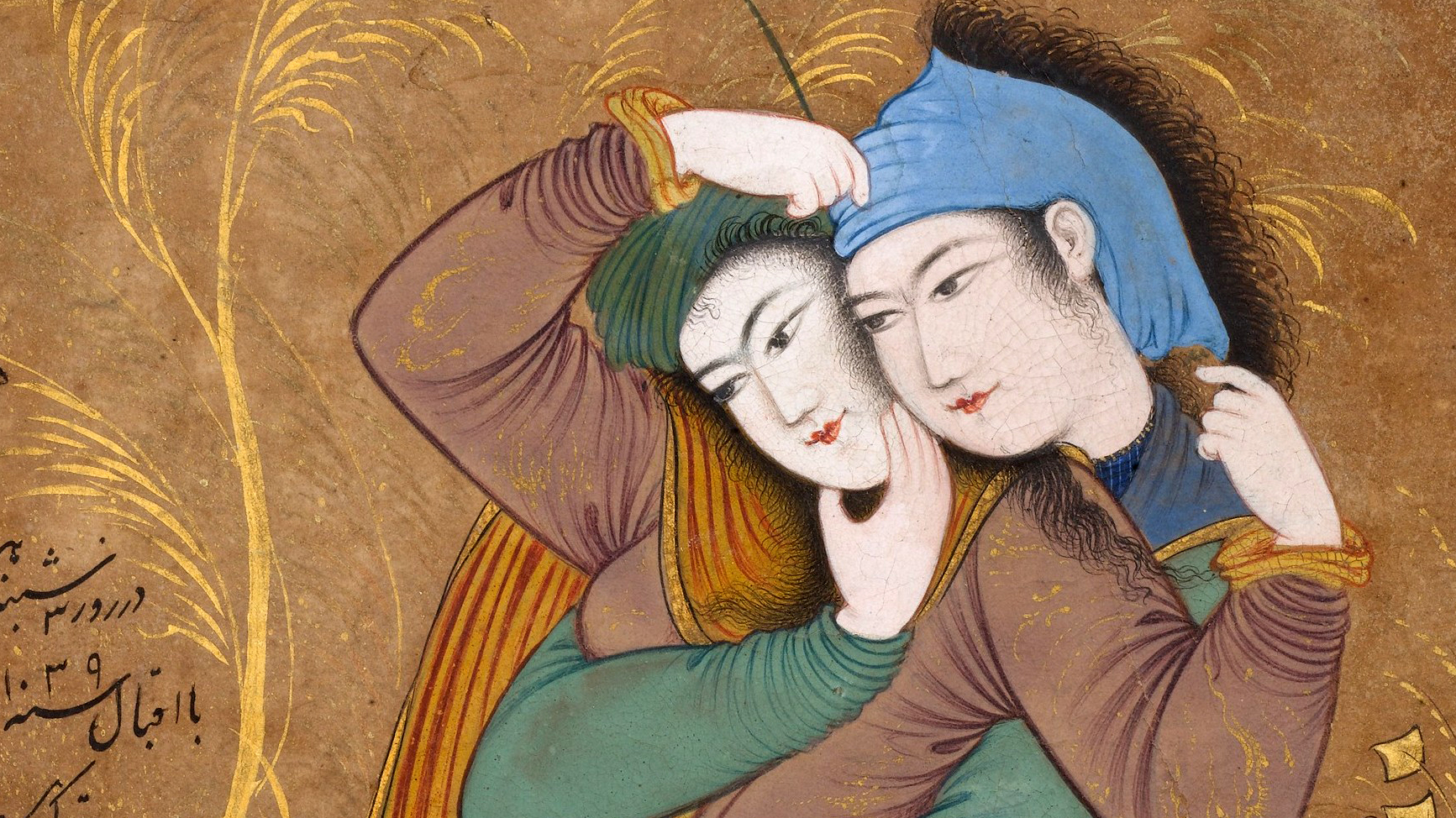
The Night and Nightingale
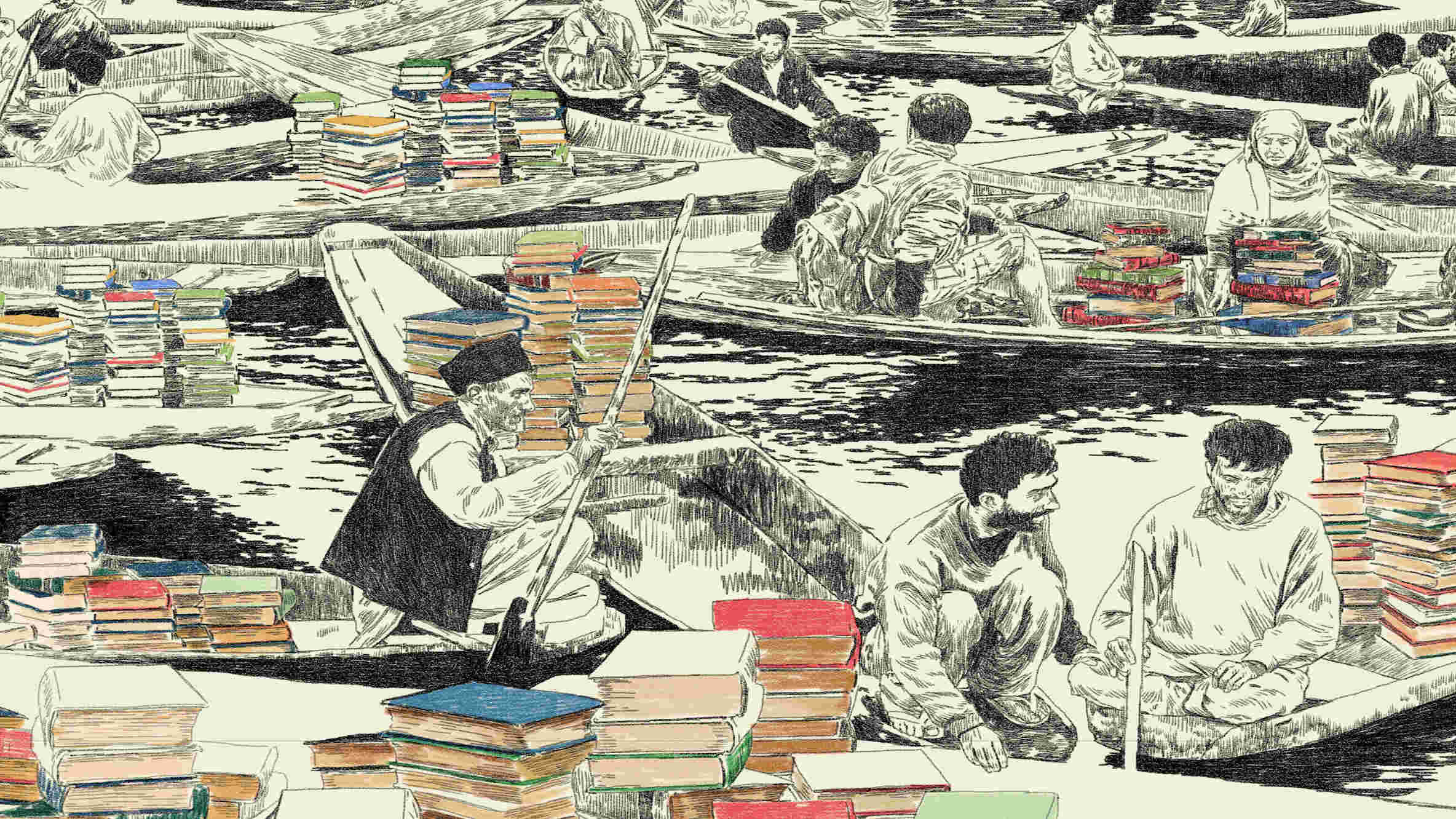
Foster Homeland
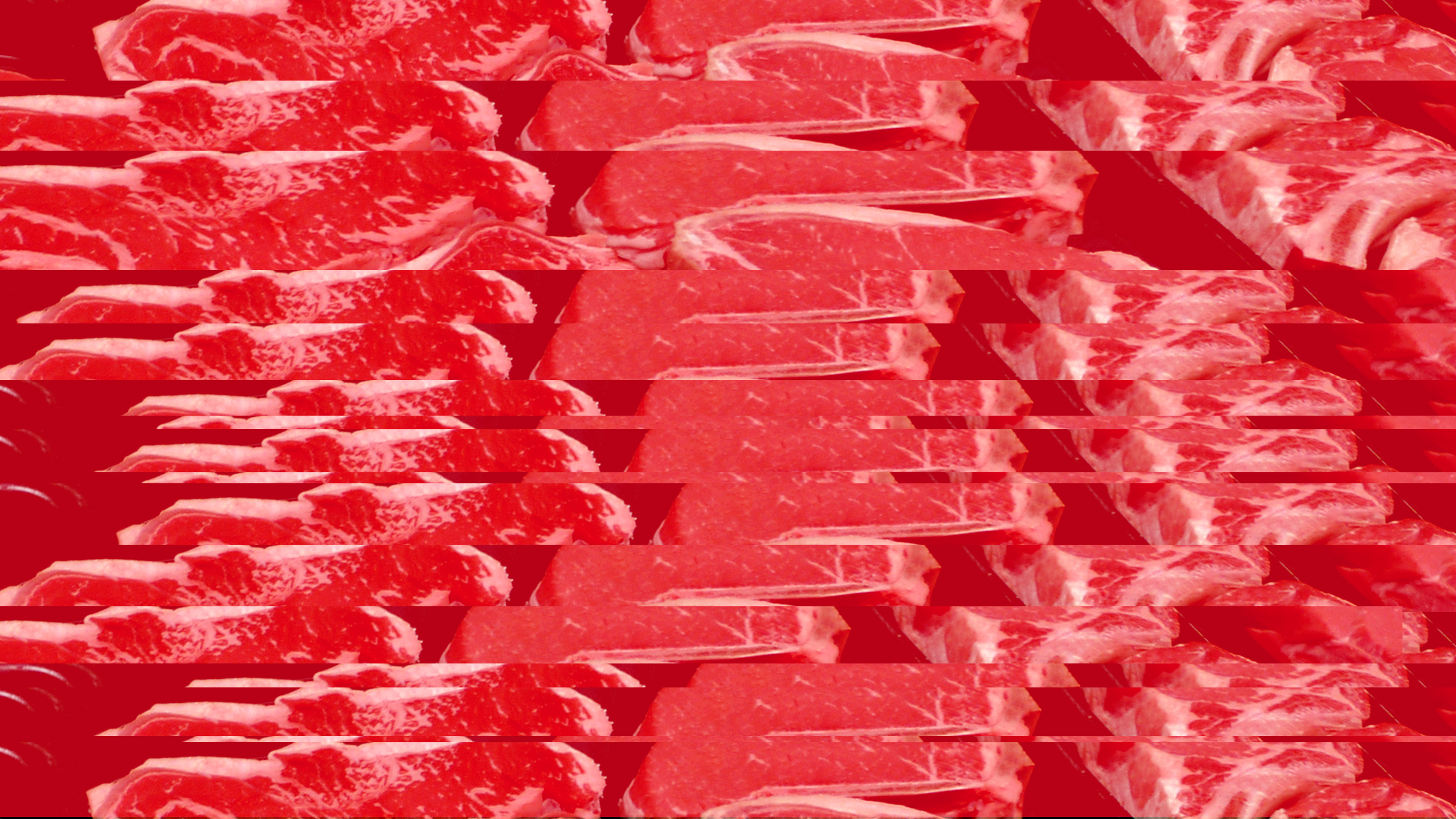
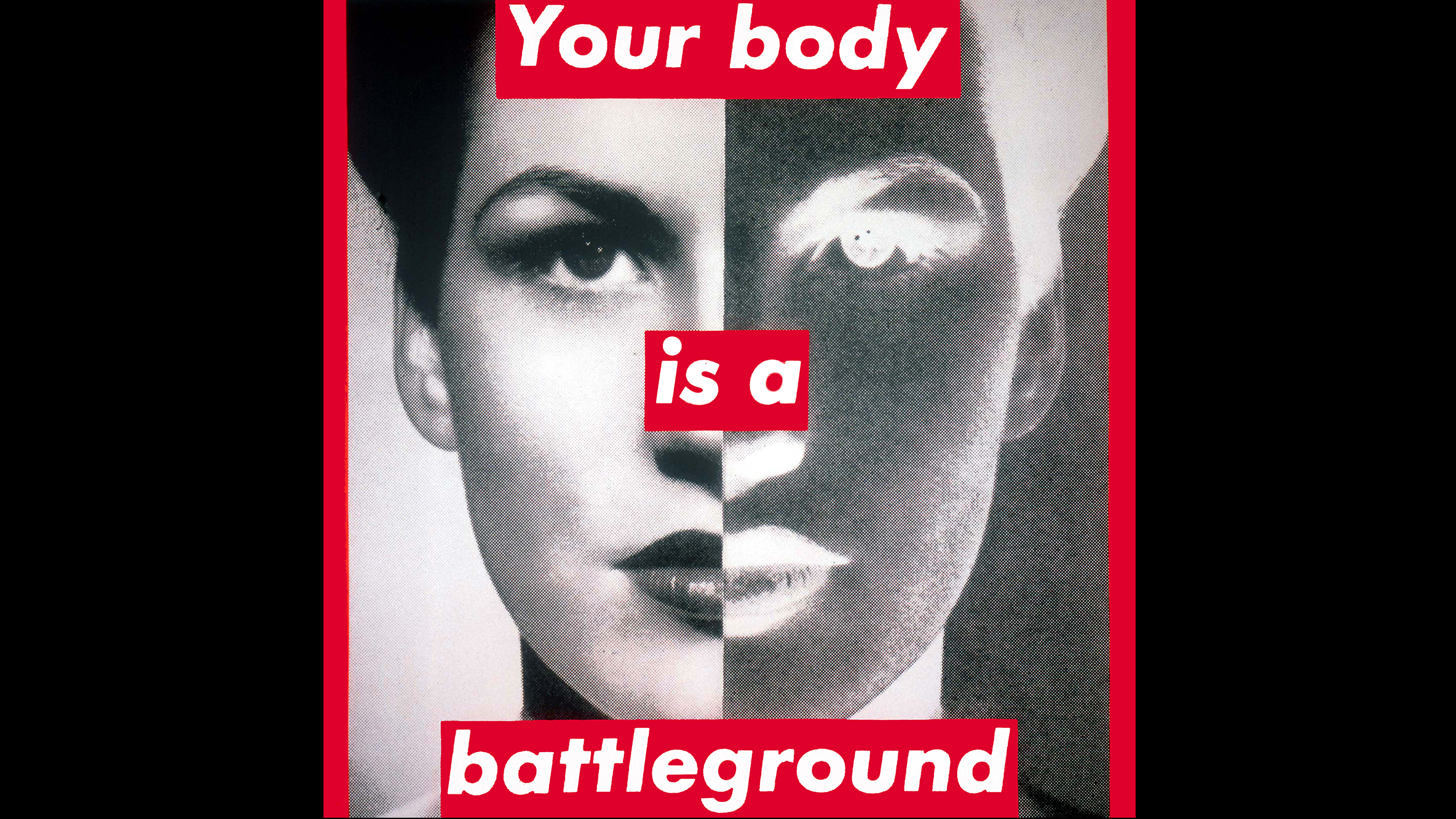
Female Fighters Series Re-Examines Women’s Rage Around the World
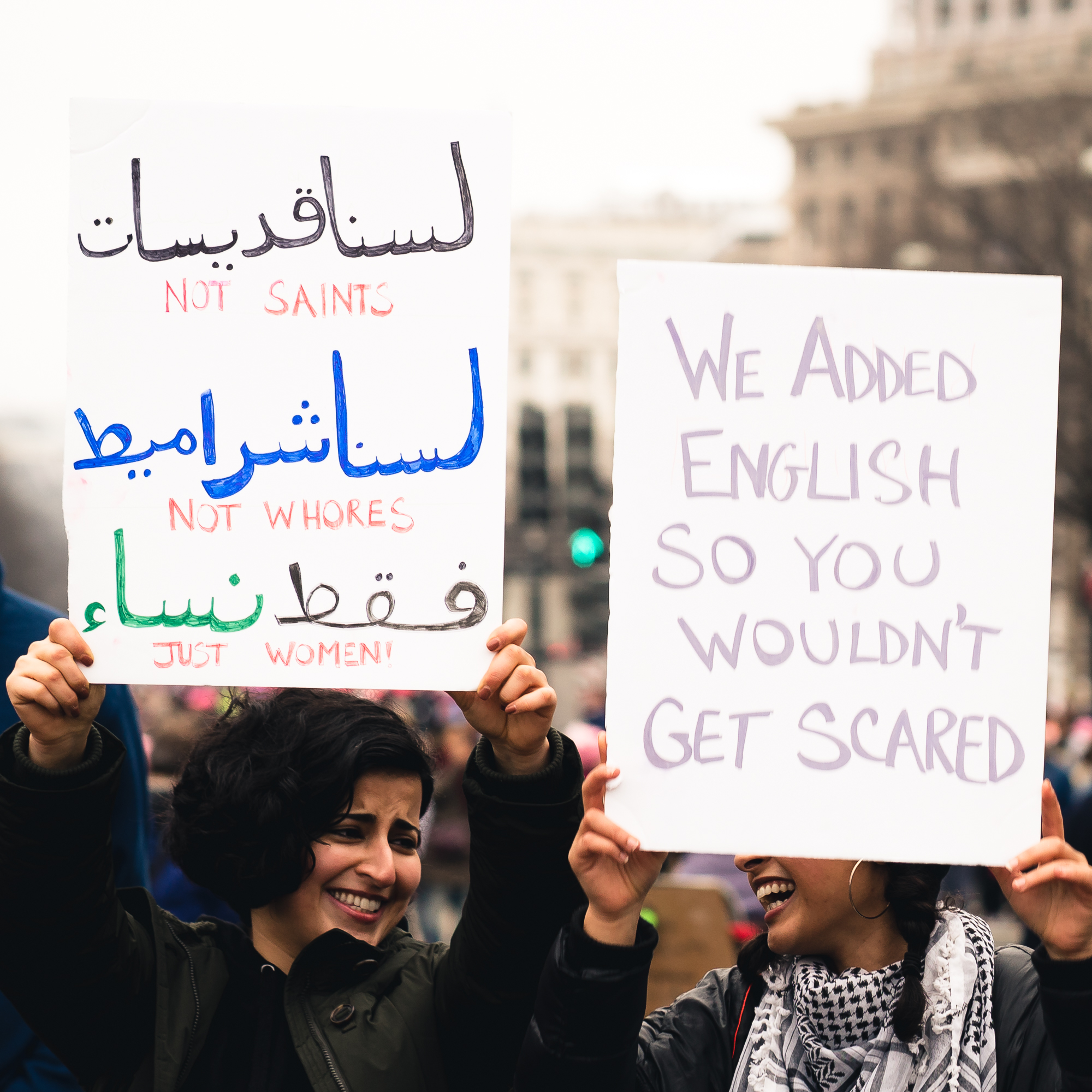
Of Monsters & Women
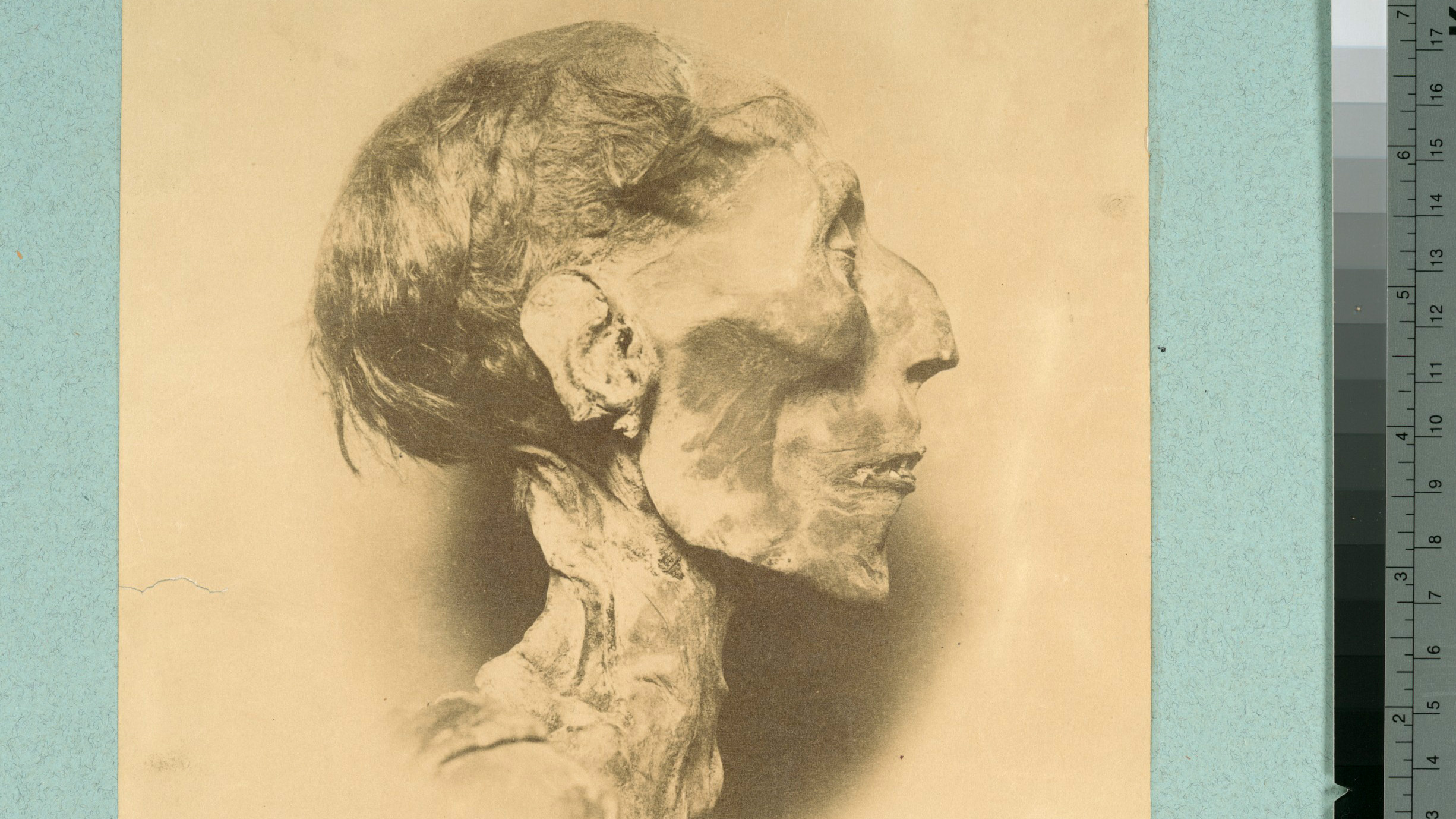
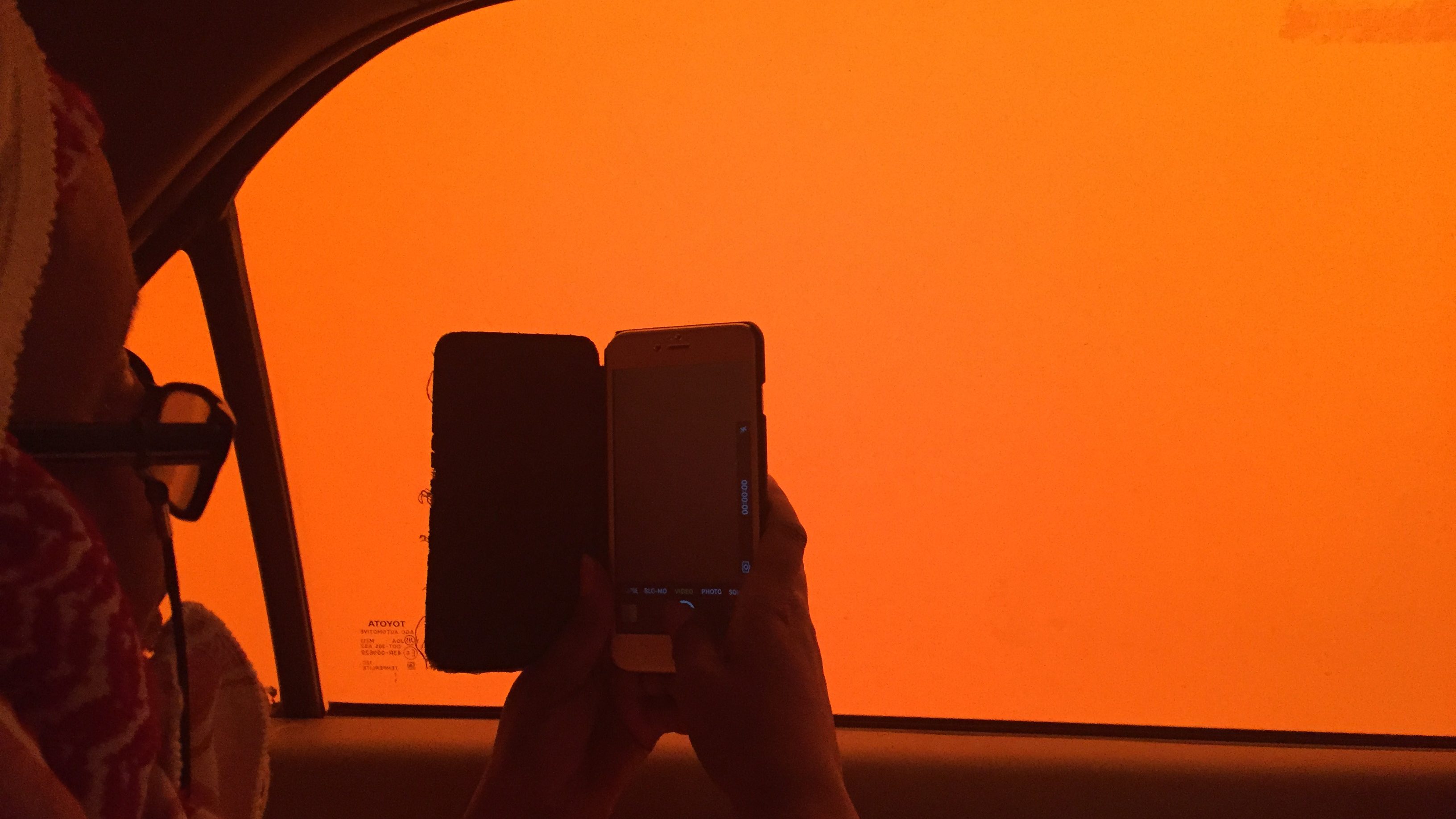
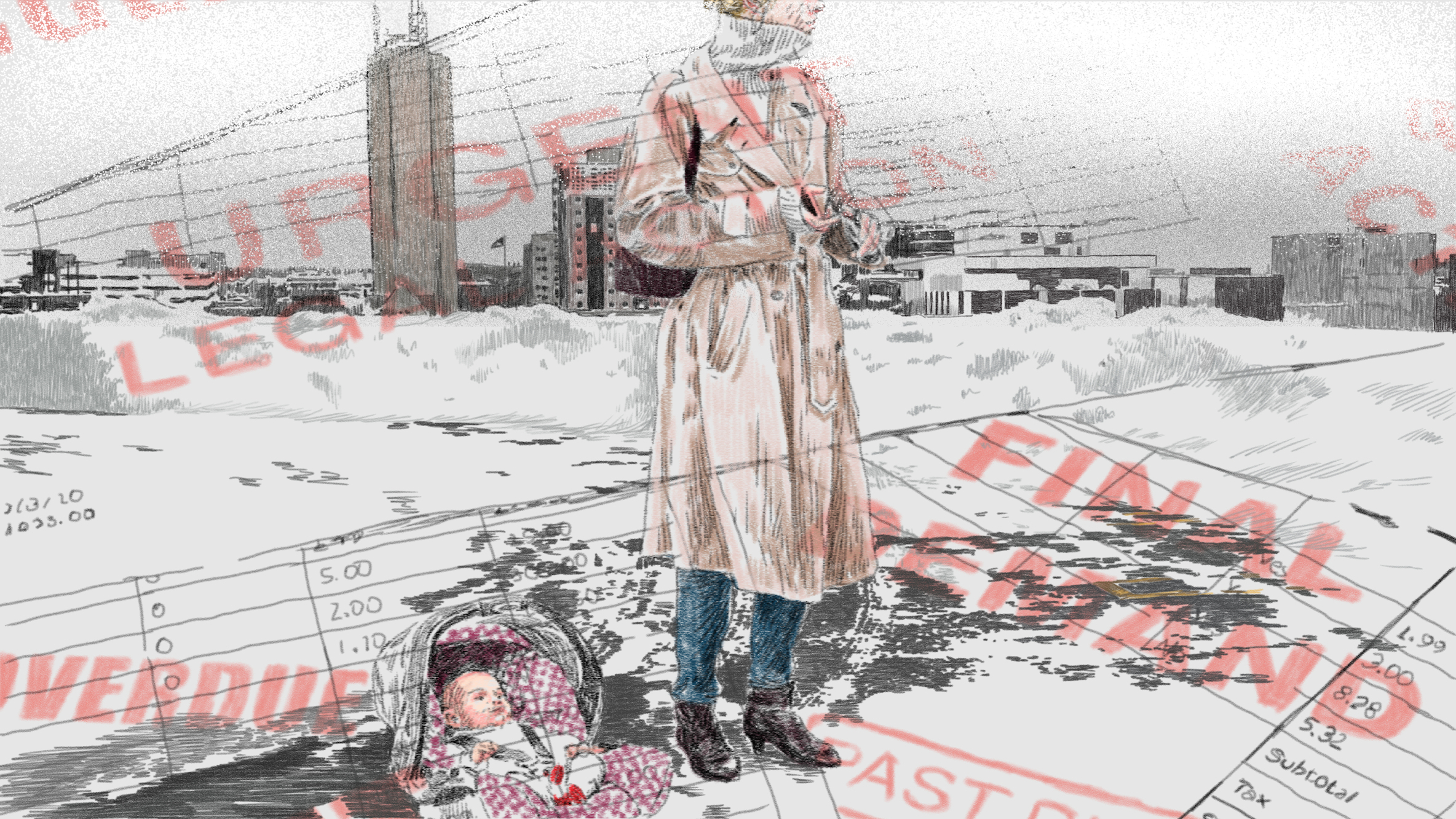
The White City
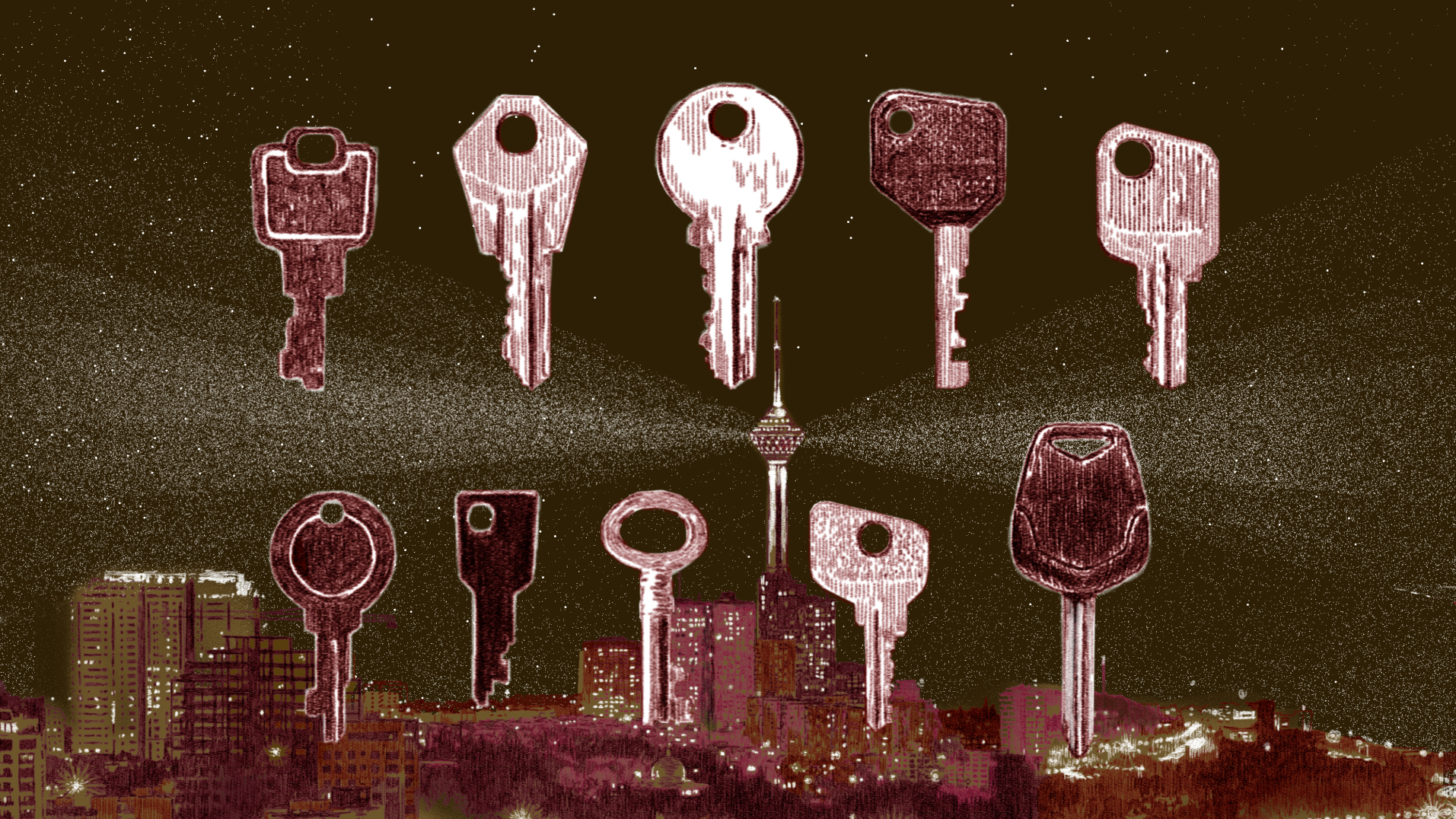
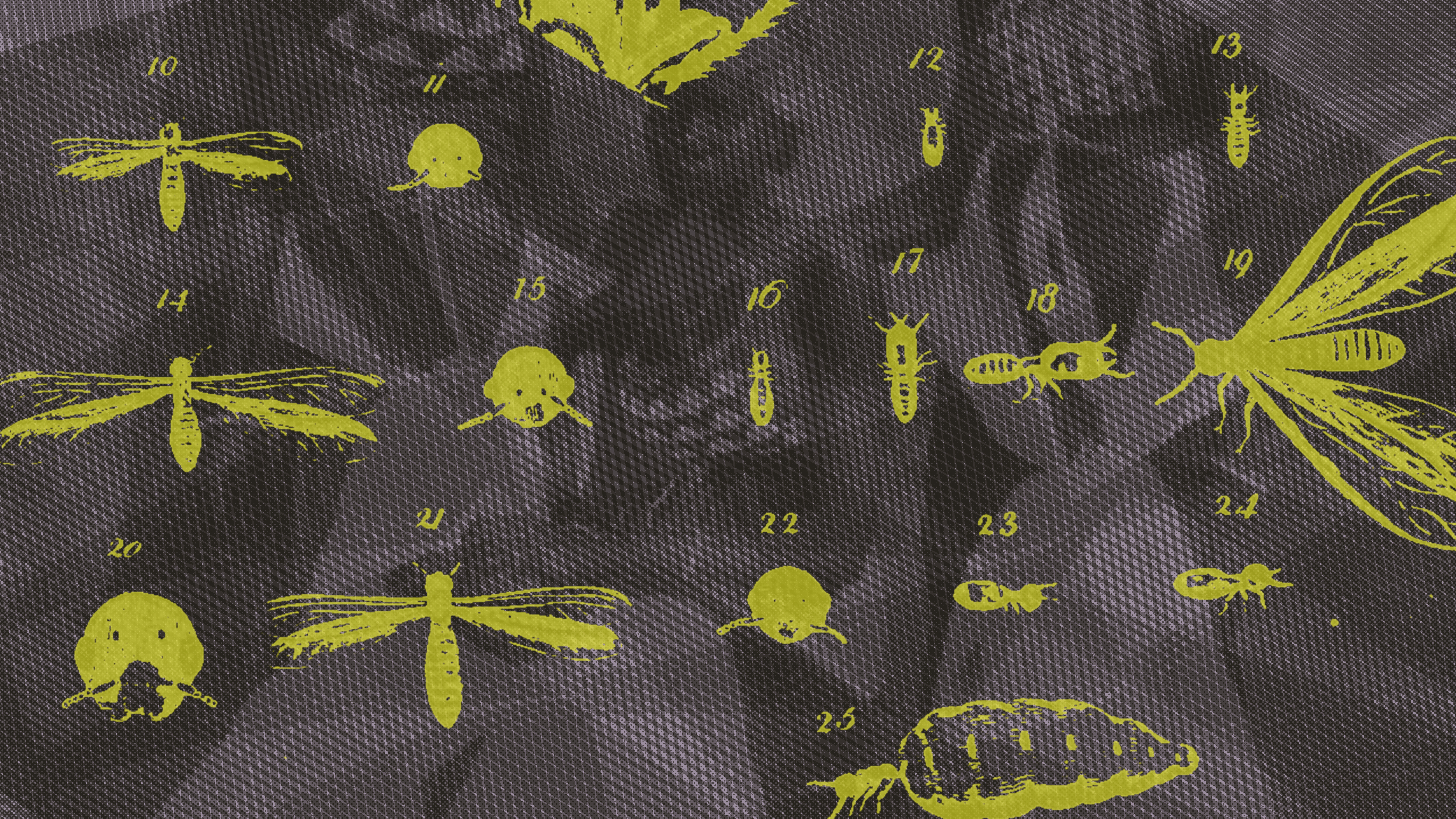
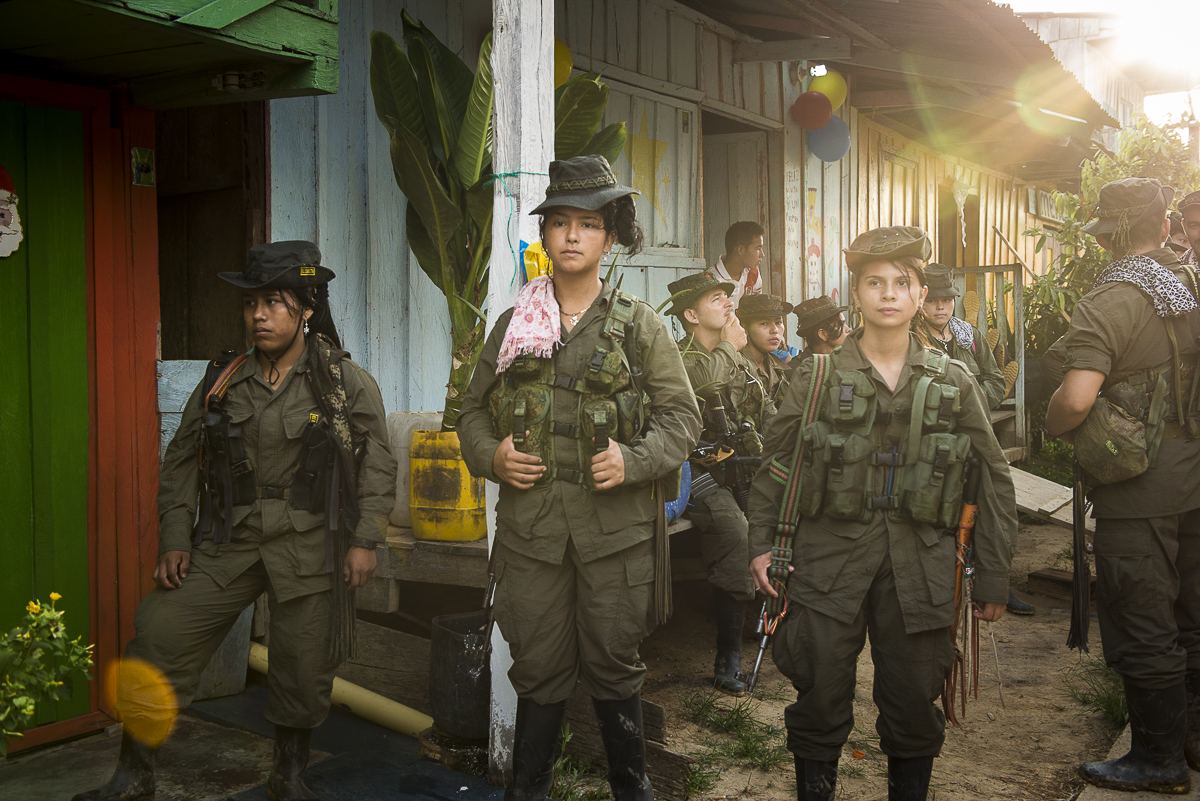
The Other Colombia

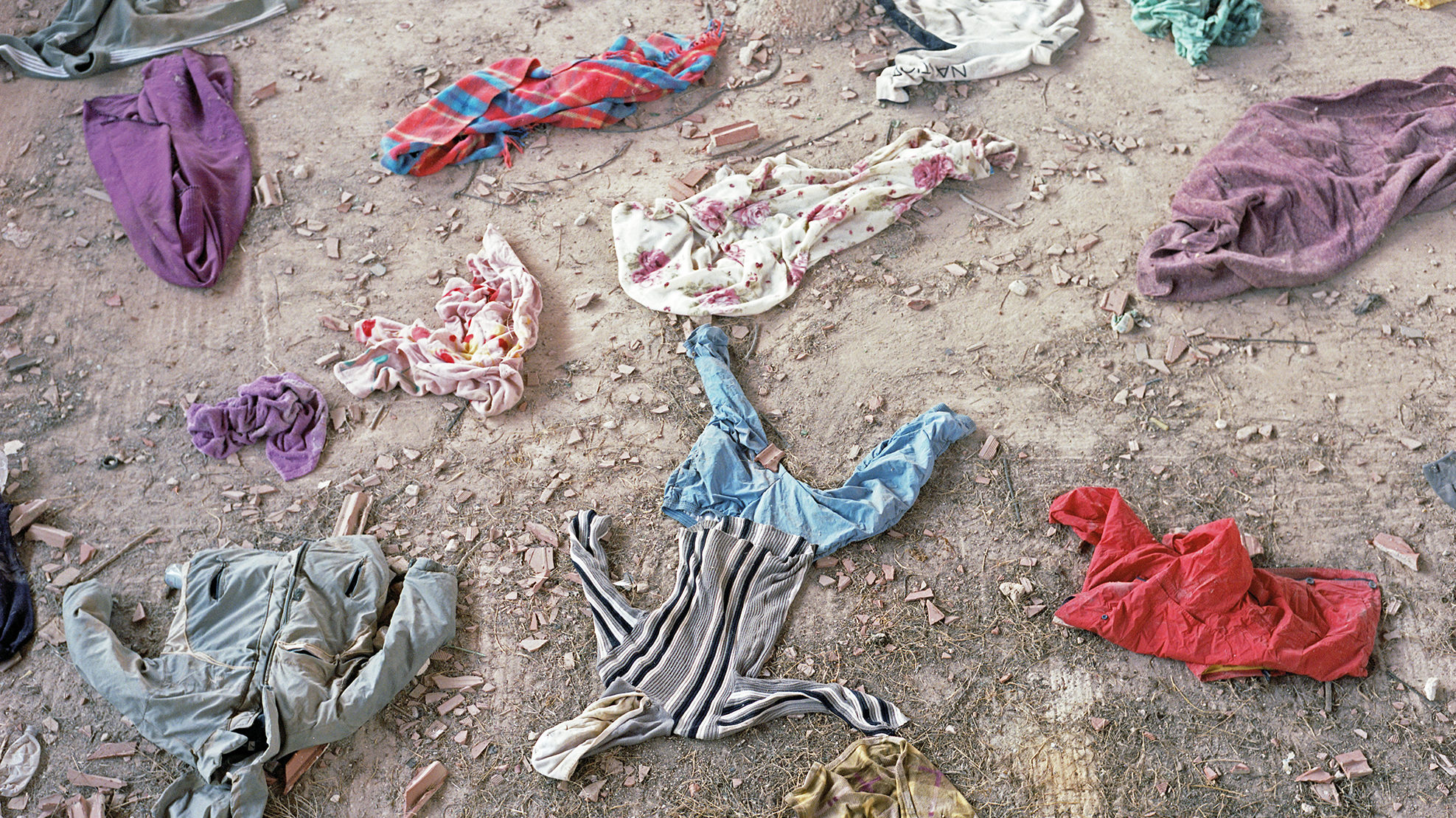
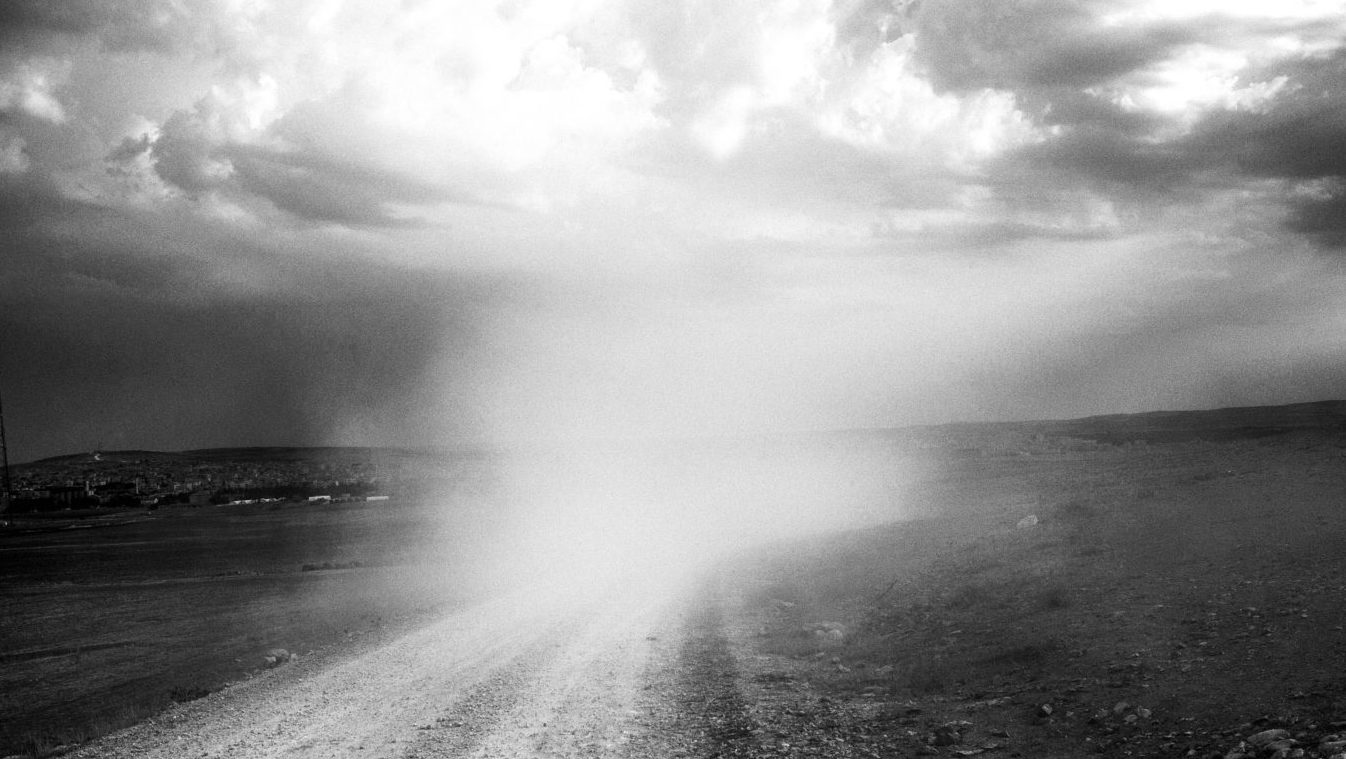
Louder Than Bombs
Photographs of war from the border of Turkey and Syria.
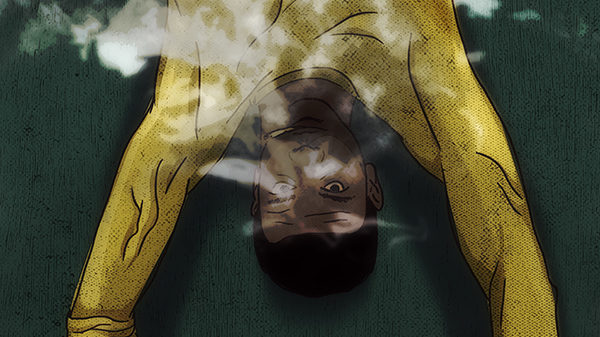
The Clown and the Caliphate
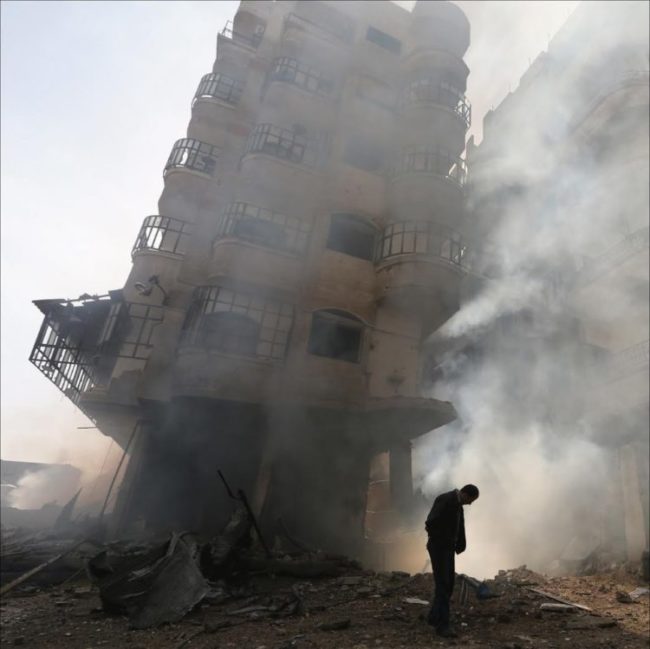
Robin Yassin-Kassab and Leila Al-Shami: Mirror from Damascus
In a war that remains unfinished, two Syrian-British writers acknowledge and affirm those whose stories and lives may be lost in its course.
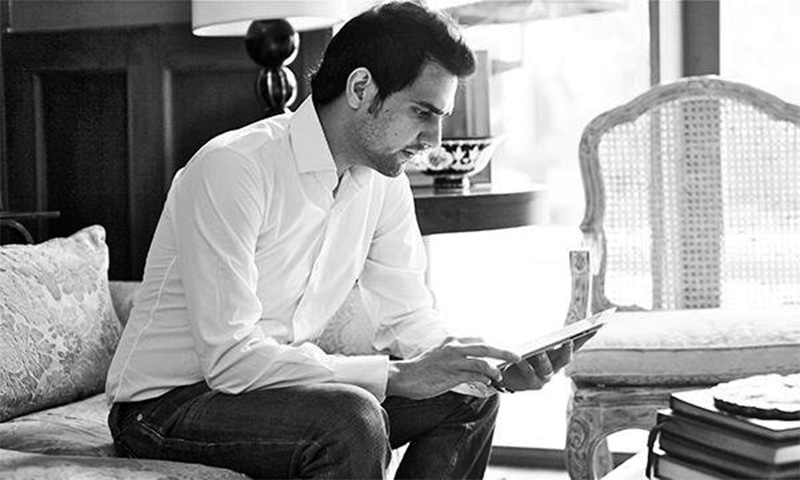
Shahbaz Taseer: How Could I Live Anywhere Else?
Farhad Mirza interviews Shahbaz Taseer about his experience as a captive between two battlefronts, and how his faith gave him the hope he needed to survive.
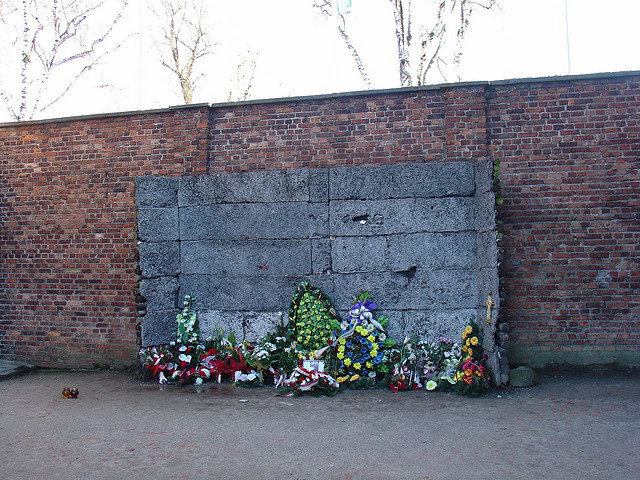
Sophie Unterman: Of Course, Survivors Are Free
A writer accompanies her grandmother on a journey through sites of Holocaust remembrance.
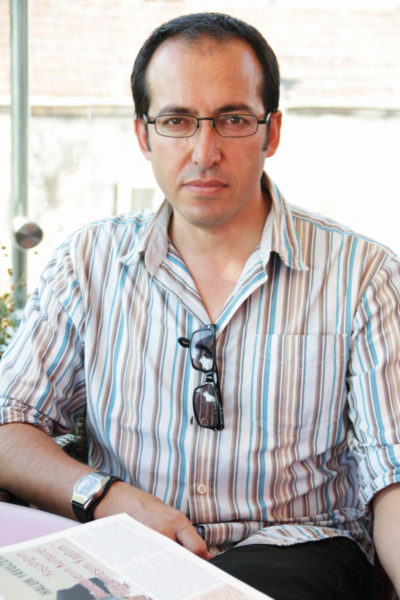
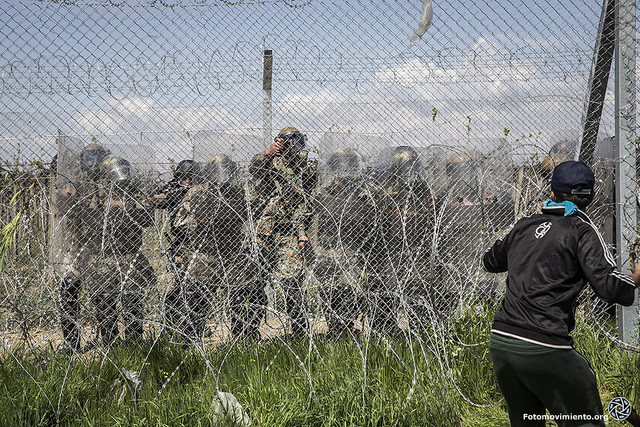
Warehouse of Souls: Inside the last days of the Idomeni refugee camp
For months, refugees caught in a "humanitarian logjam" near the Greek/Macedonian border lived in a makeshift tent city—until Greek officials cleared the area, replacing the fact of the camp with yet another layer of uncertainty.
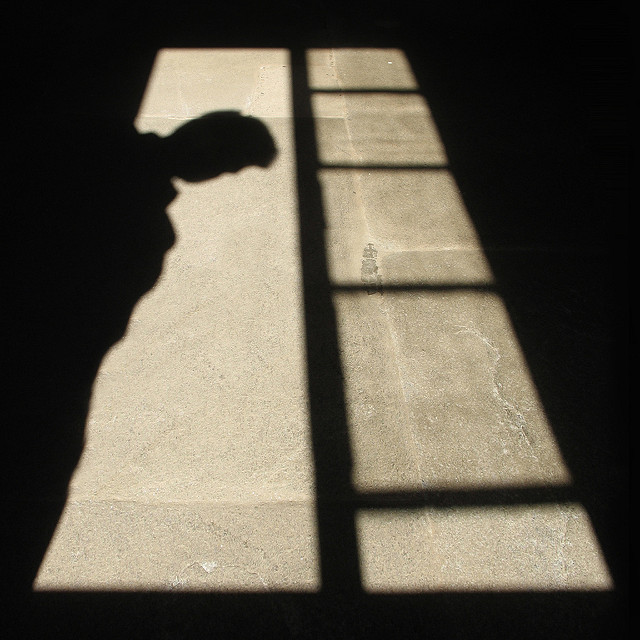
Behind the Hostage Detention of Bangladeshi Tahmid Hasib Khan
Even as Holey Artisan Bakery in Dhaka gets back to normalcy after a deadly siege a month ago, Bangladesh wrestles with the rising specter of extremism.
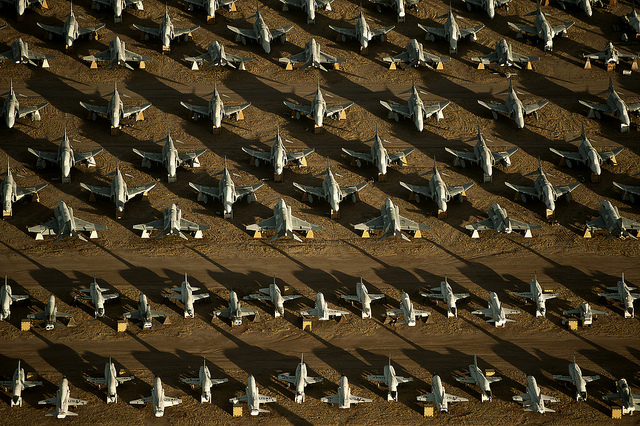
Welcome to Little America
The most important US air force base you’ve never heard of.

Kurdish Autonomy, Under Siege
How Kurdish rights continue to flounder under an authoritarian Turkey and an imploding Syria.

Growing up in the Age of Terror
A teenage girl refuses to give into the fear created by recent terrorist attacks in France.
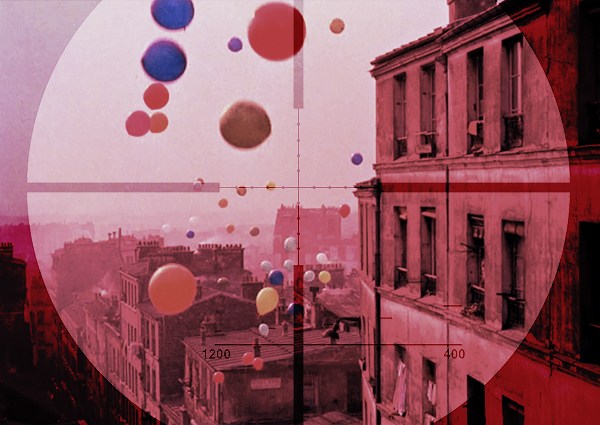
Rich Eyes and Poor Hands
The Future of Cities: In the aftermath of the most recent attacks in Paris, the writer considers a city wavering between gravity and light.
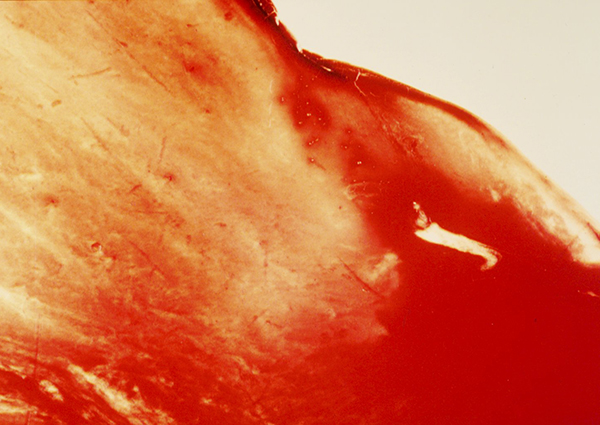
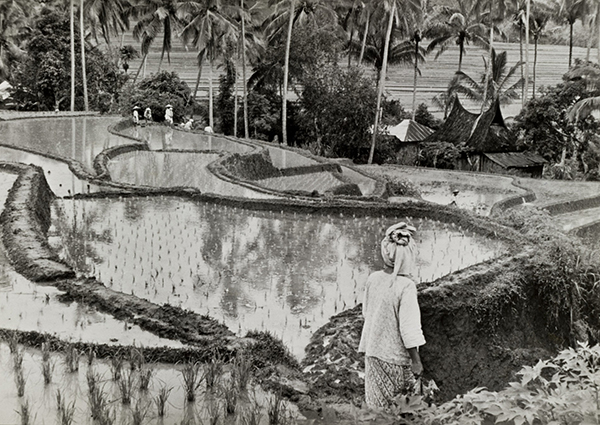
Migrant Is Not a Metaphor
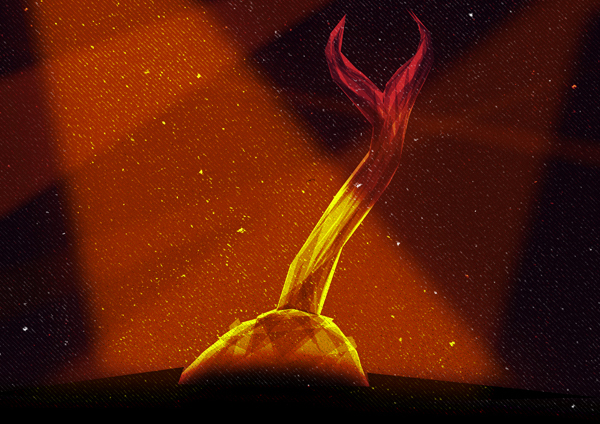

Andreas Koefoed: A Second Start
The Danish filmmaker discusses refugee children in Denmark, the safety of schools, and the quiet power of the observer.
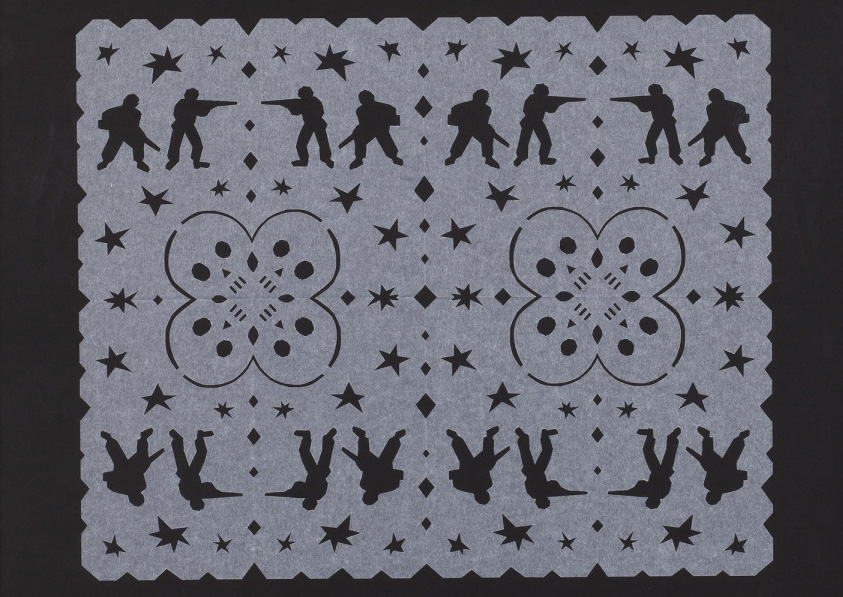
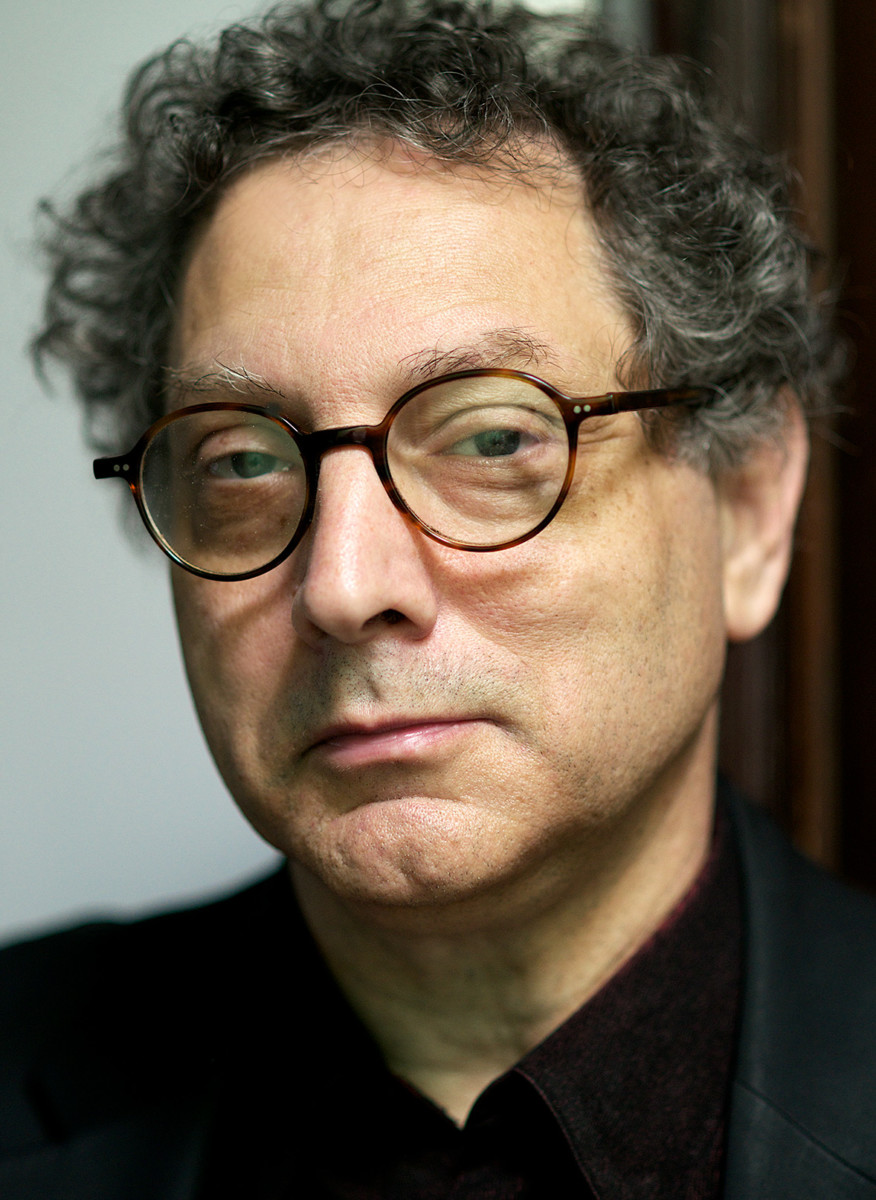
Fred Kaplan: Signal Aspect
Henry Peck interviews Fred Kaplan about the shadowy world of cyber war.
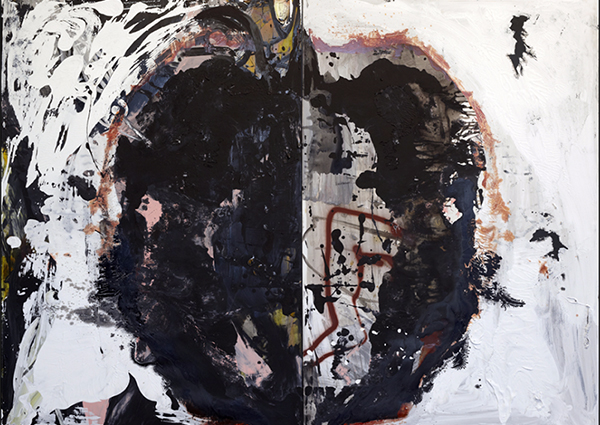
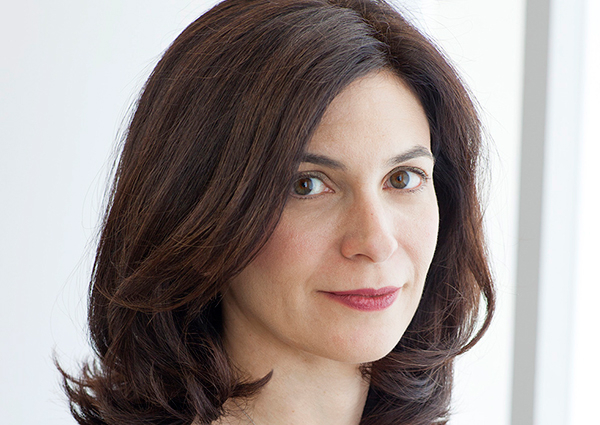
Laura Secor: The Language of Regime
The journalist on reporting from a post-revolutionary Iran and tracing the rich ferment of its intellectual and social history.
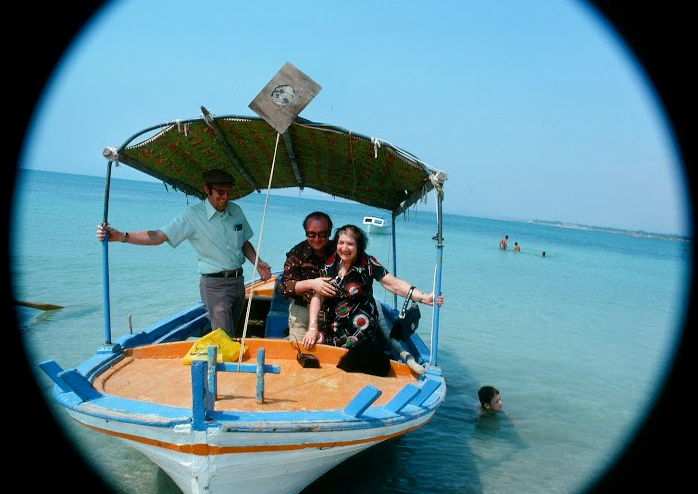
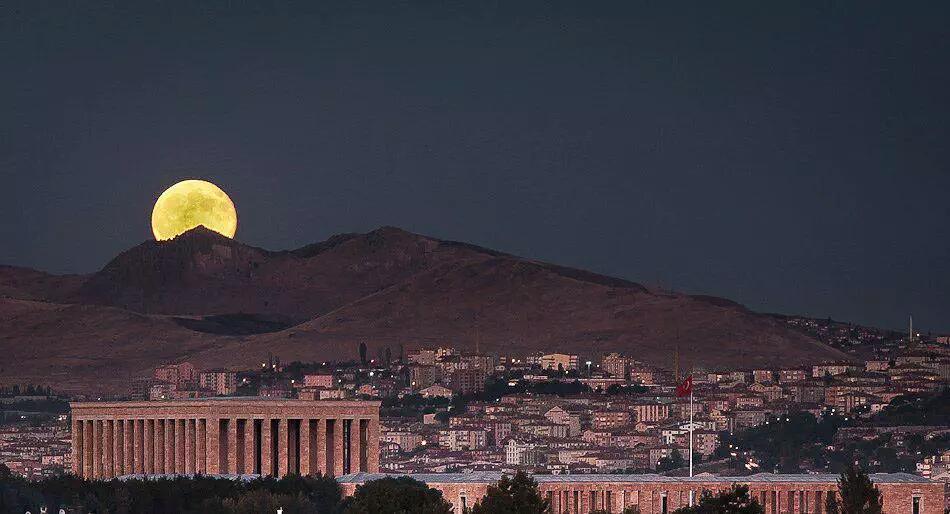
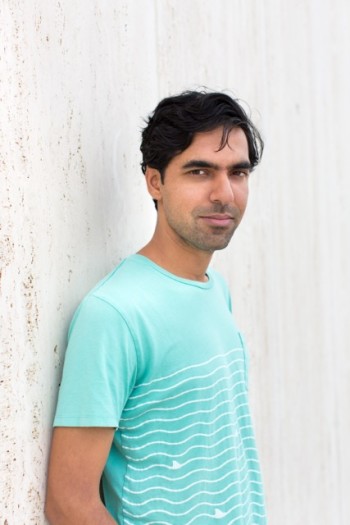
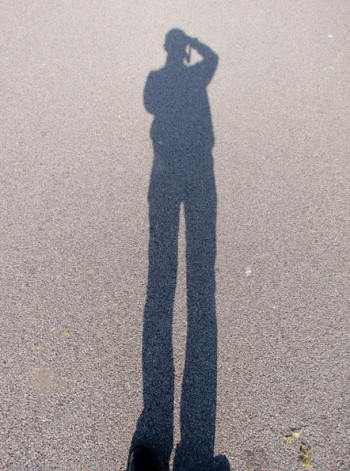
War In The Time of Selfies
The crudely staged terror-porn of Abu Ghraib has evolved into the highly stylized and sun-kissed wartime selfie
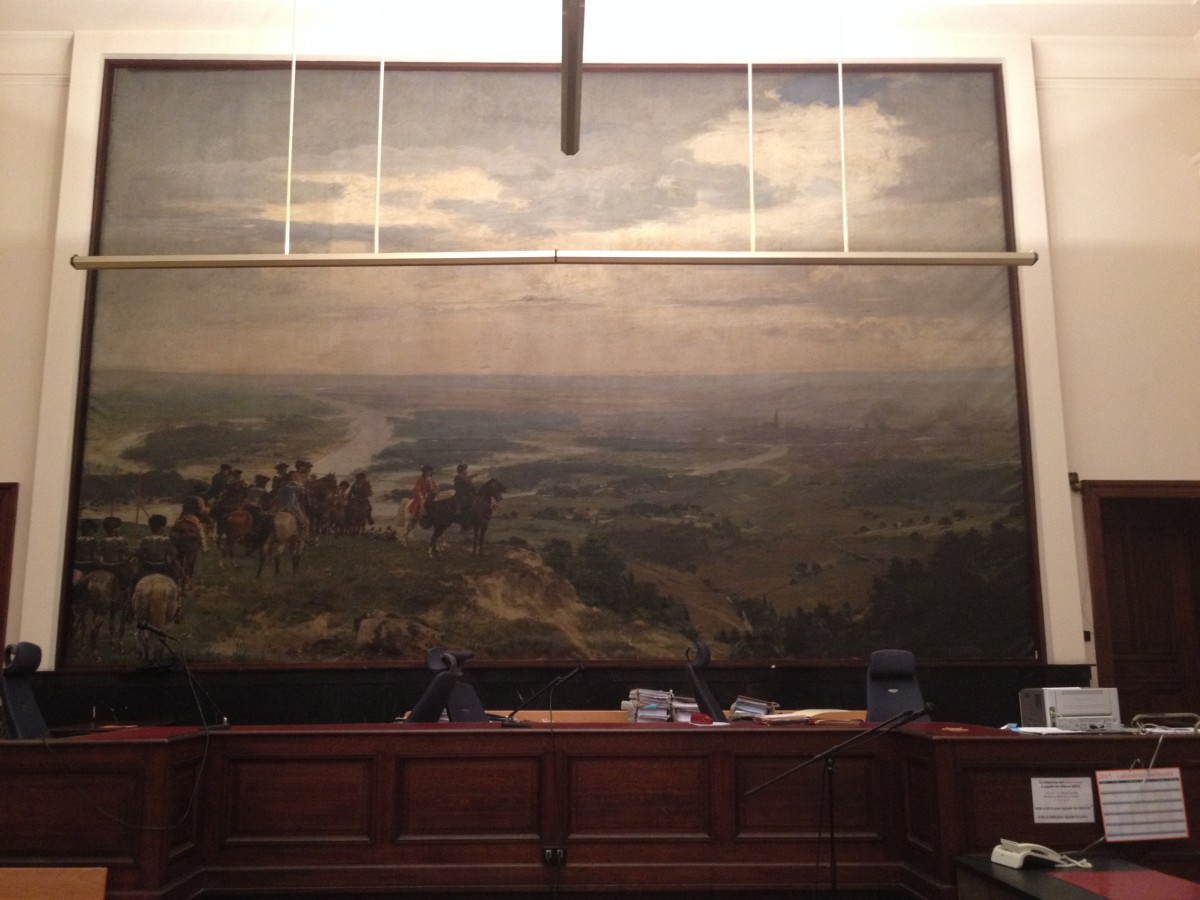
A Reporter’s Notebook from Molenbeek
In the fight against extremism of all stripes, Europe has failed to transcend its capitalist roots and embrace diversity.
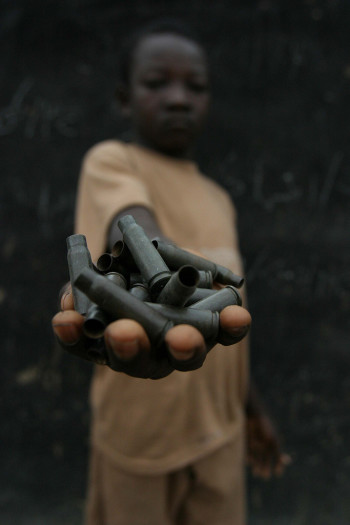
The Life of Hamet Dean
What happens to Africa’s child soldiers when the war is over?
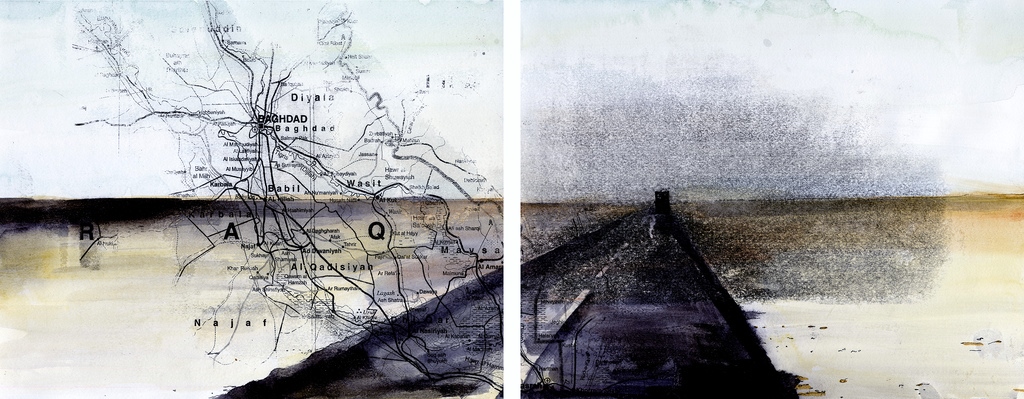
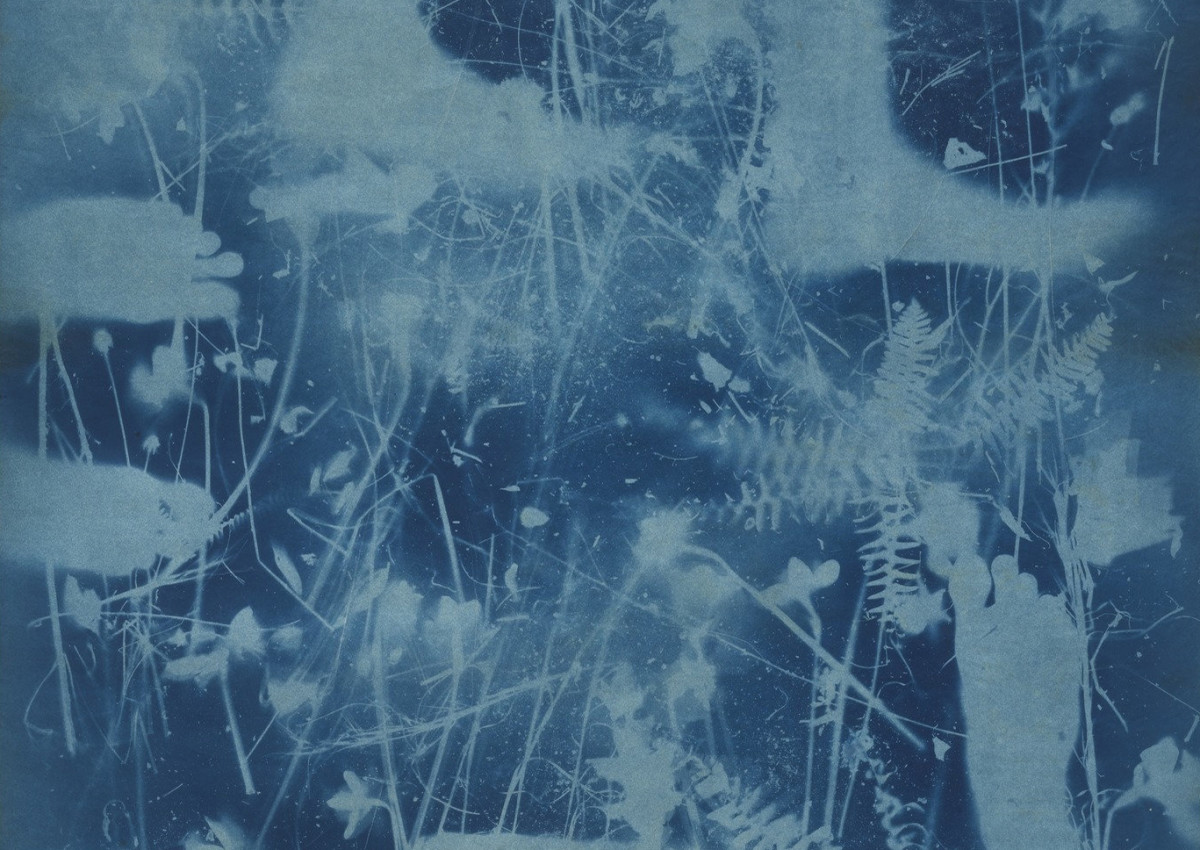
From L’Heure Bleue, or The Judy Poems
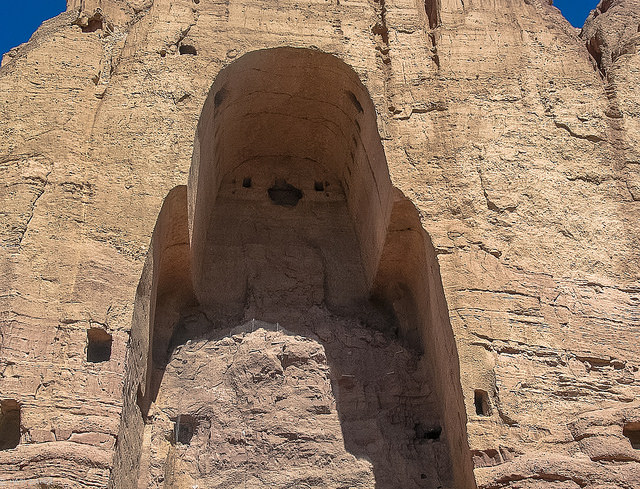
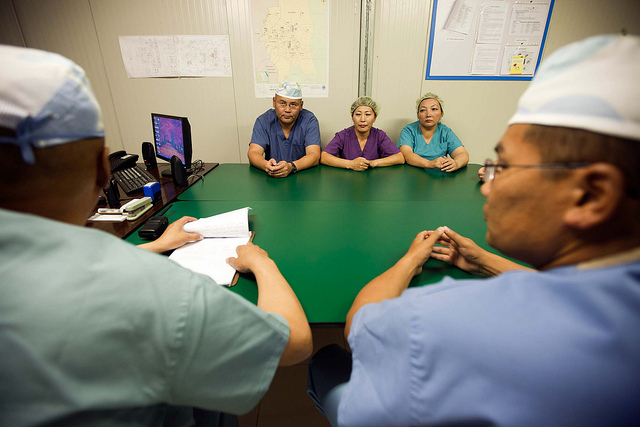
How knowledge of international affairs can help survivors of torture
Doctors at Bellevue run specialized relief programs for asylum seekers that are survivors of torture.
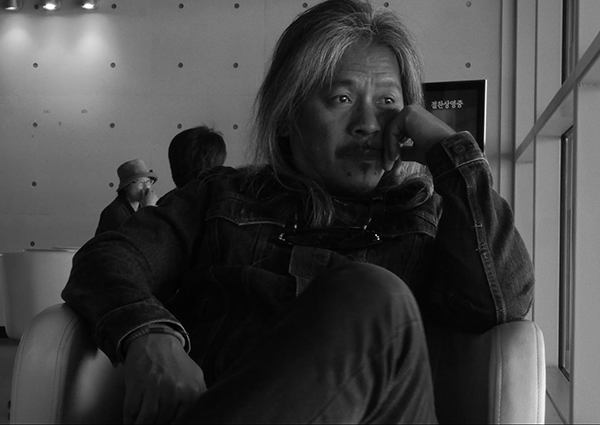
Lav Diaz: Slow Burn
The Philippine cinema pioneer on why films are “the greatest mirror of humanity’s struggle.”

Square Wave
It seared their eyes. Squinting, they watched the light dilate, divide in six. The rocket fell away, limp, useless, and dark as a new star grew against the storm.
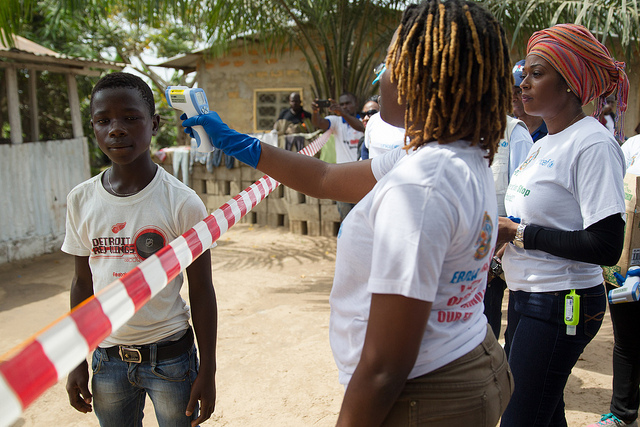
In Conflict With Disease
Boundaries are drawn, and erased, by disease rather than man-made warfare—but no one seems to have noticed.
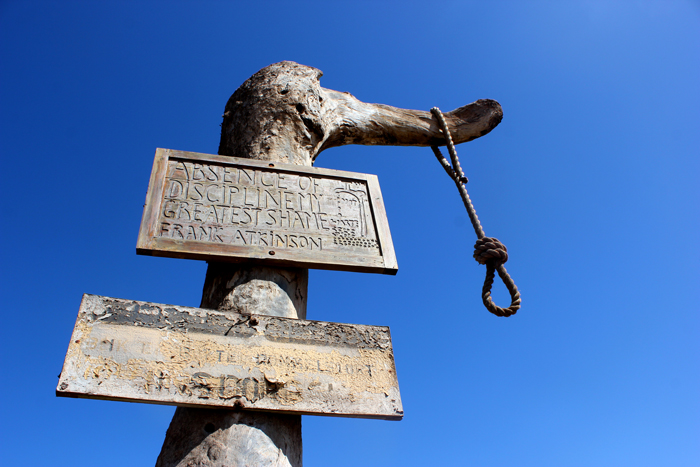
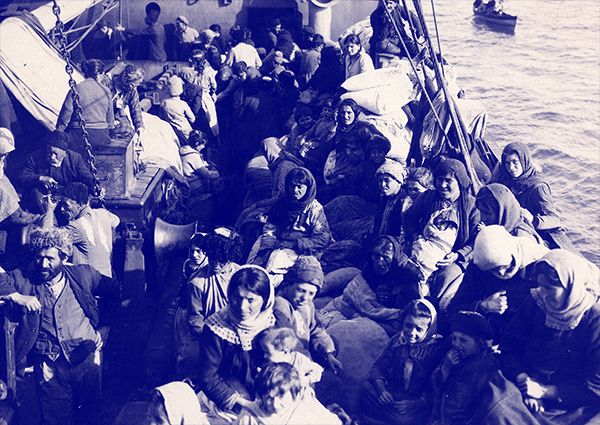
Be Like Water
Boundaries of Nations: The Nonviolent State of Iraq and Syria. The Republic-in-Motion of Lovers Not Fighters. The Government-in-Exile of People Who Just Want to Go to School.
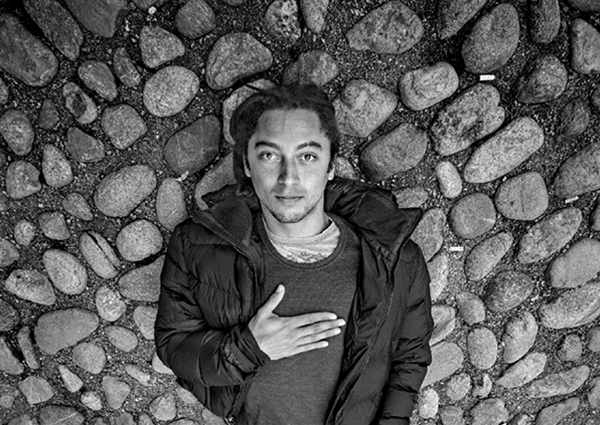
Jonas Carpignano: One Song
Boundaries of Nations: The director on depicting the African migrant experience in Italy, moving in with his film’s lead, and the “common language” of pop music.
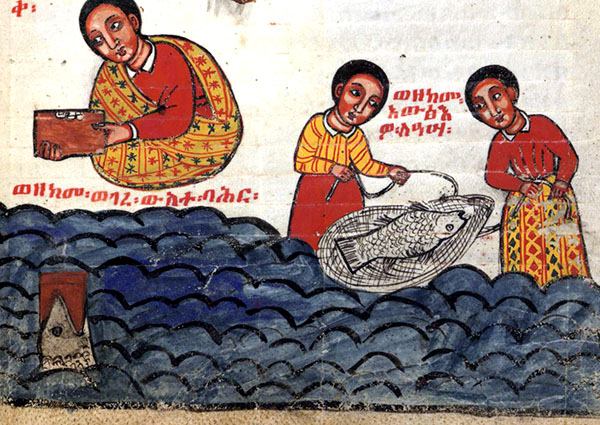
Returning to Ethiopia
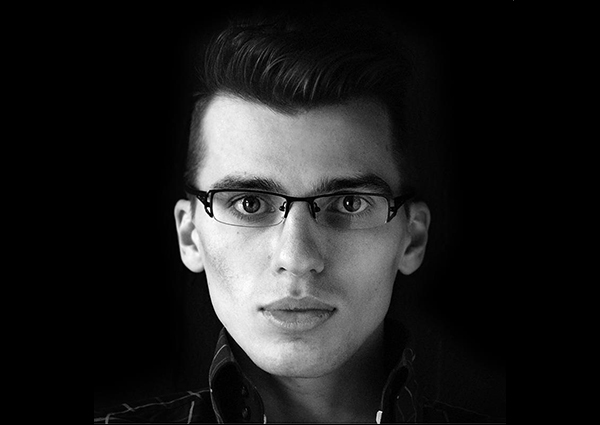
Jasminko Halilović: Children of War
Boundaries of Nations: The author and activist on growing up under siege in Sarajevo and chronicling the childhood memories of other survivors.
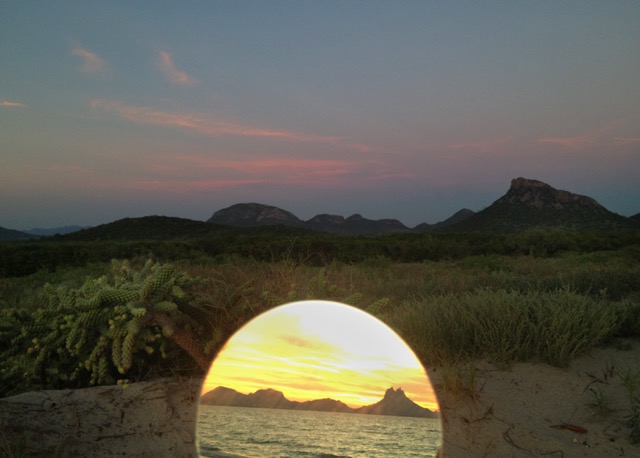
Mission Trail
Boundaries of Nations: In the borderlands of northern Mexico, a legacy of violence.
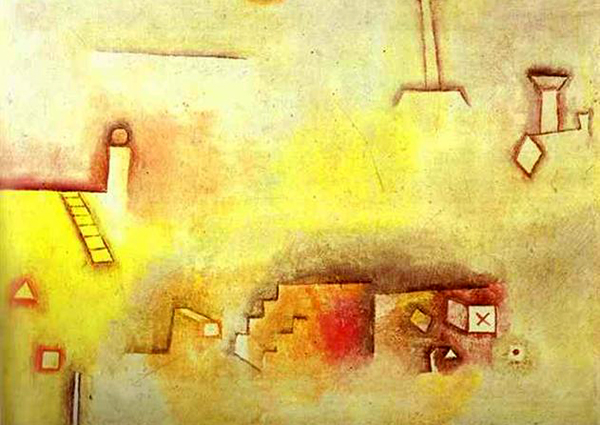
5 Queen’s Road
A house is partitioned along the lines, and in the chaos, of the new independent nations of India and Pakistan.
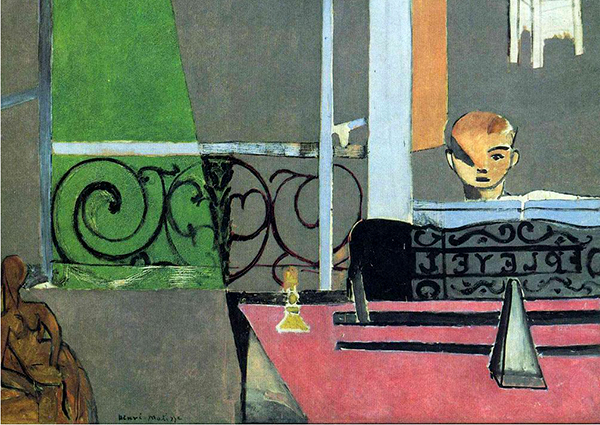
Souterrain
He led her away, down one tunnel, then another. He took her through a passage where the bones were piled so high they had to wriggle over them on their bellies.

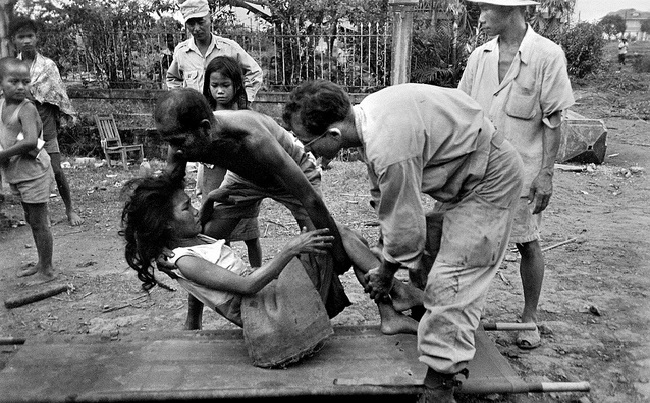
Scorched-Earth
Flash Fiction: I remember their voices. Hushed when the sun beat on our backs, loud when the moon returned, illuminating our darknesses.
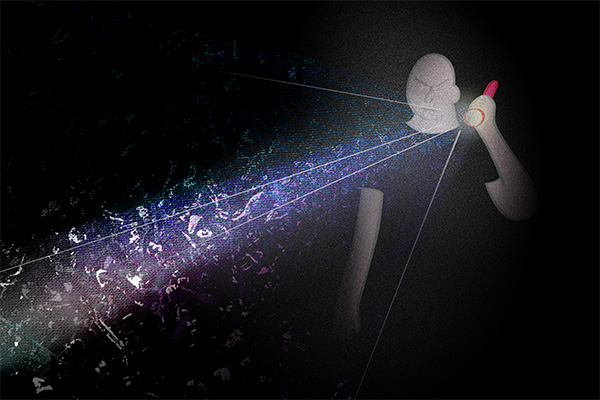
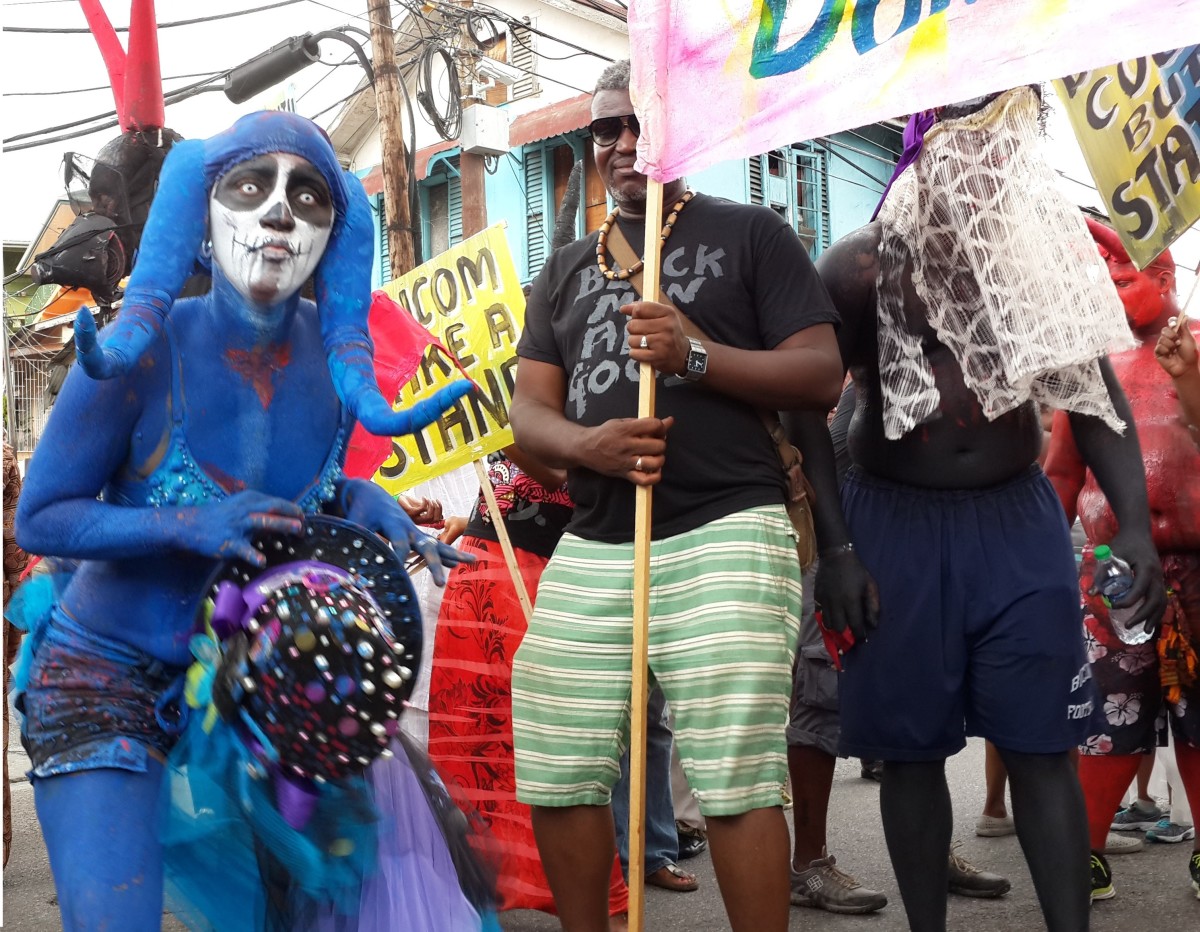
Playing Devil’s Advocate with Mas
This Columbus Day, a Caribbean carnival arts collective invokes the deeper principles behind Carnival masquerades to create social change.
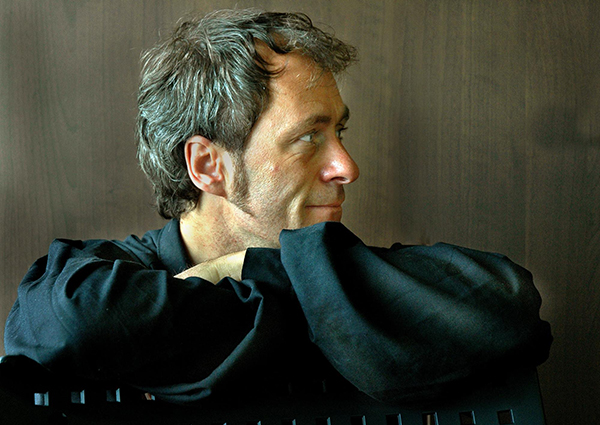
Hubert Sauper: The Alchemy of Cinema
The documentarian on white savior narratives, making enemies of gunrunners and governments, and nonfiction film as art.

The Weird ‘Good Fortune’ of Tsutomu Yamaguchi
The personal legacies of the many survivors of the atomic bombing of Japan.
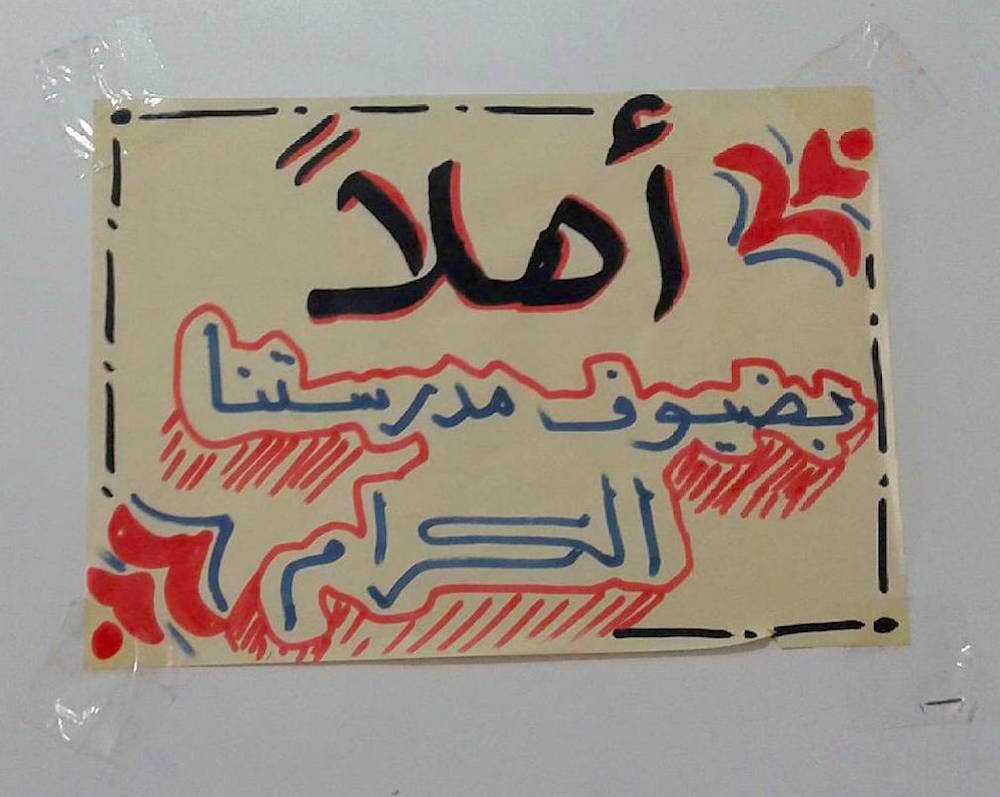
The Resilience in a Smile
Reflections on the legacy of a relief initiative strengthened through its own tragedy.
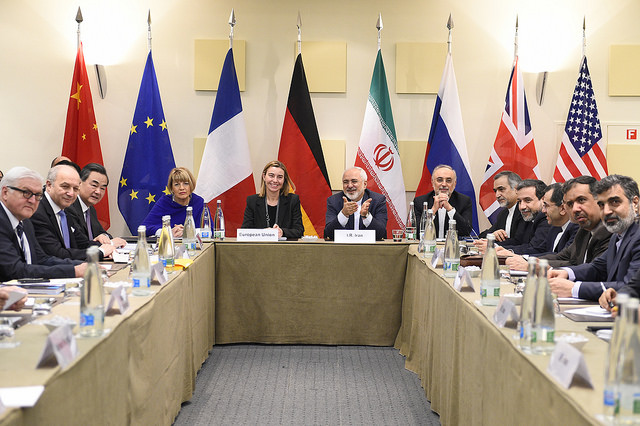
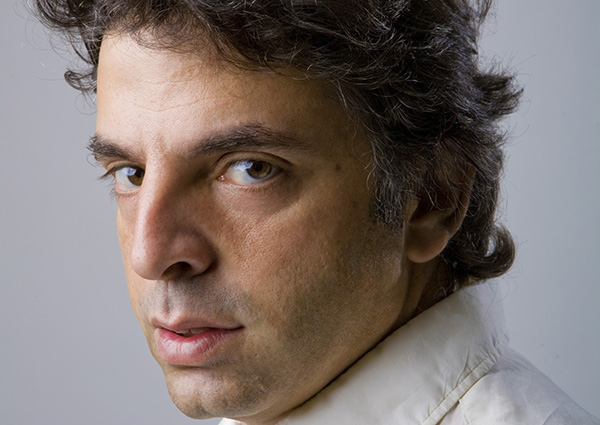
Etgar Keret: We Can Try to Be Human
The Israeli author on the dramatic family histories that fuel his work and the broken promises of his homeland.
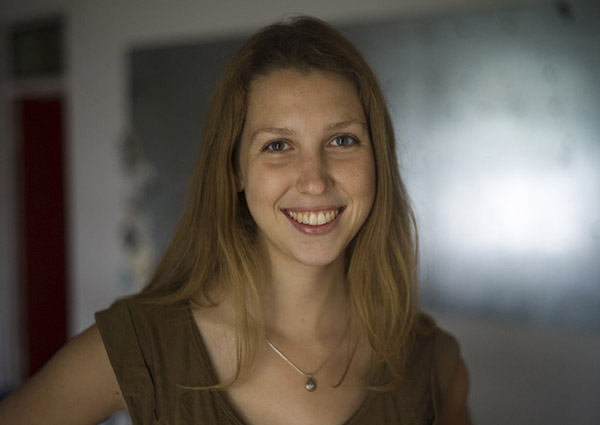
Sarah Stillman: Just Out of Frame
The journalist on the “strange, extractive” process of interviewing; second-, third-, and fourth-act stories; and coming to reporting as “a real, whole person.”
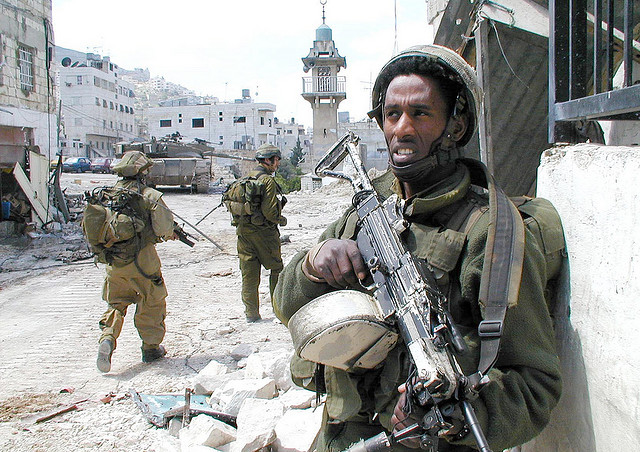
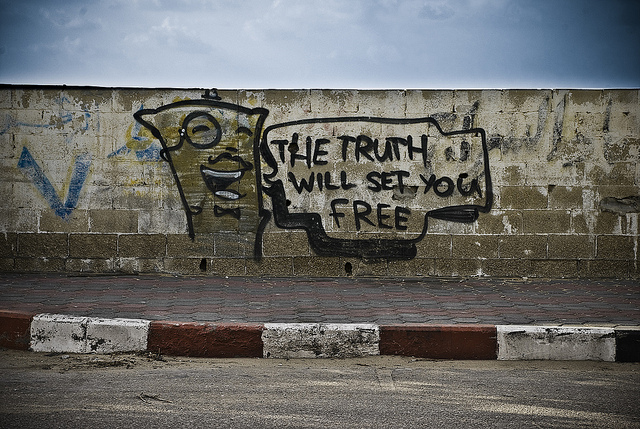

Justice and Peace in the Shrinking Forest, Part Two
Part II, The Free Men of the Forest: The consequences of oil, development, and state intervention in an indigenous community.

Justice and Peace in the Shrinking Forest, Part One
Part I, Ordinary Justice: After a spate of killings in 2013, an indigenous community threatened by oil operations struggles to come to terms with their new reality.
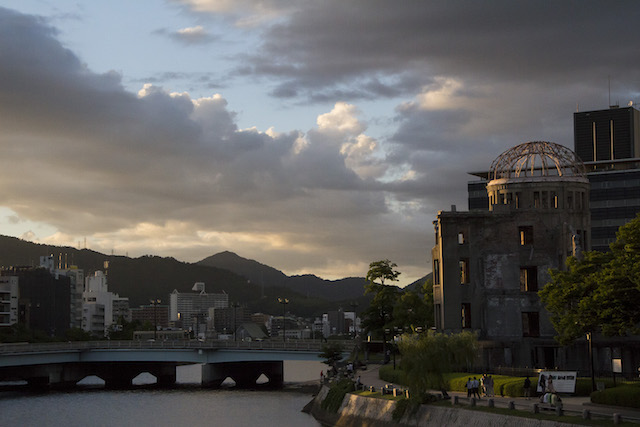
Letter from Hiroshima
On the 70th anniversary of the Hiroshima atomic bombing, the granddaughter of one of the scientists who made the bomb pays a visit to ground zero.
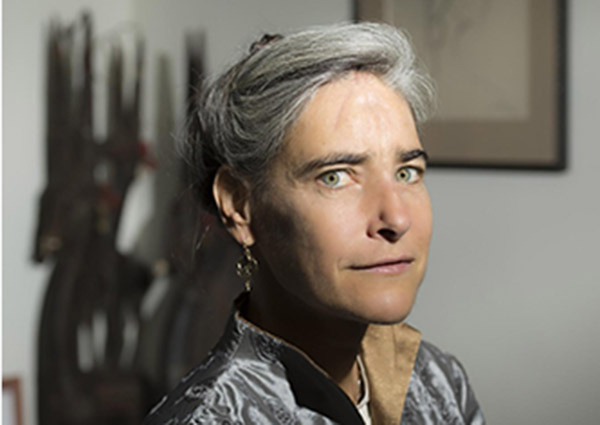
Sarah Chayes: Global Kleptocracy
The foreign policy expert on global corruption, violent extremism, and how the West “has lost the balance between rectitude and liberty.”
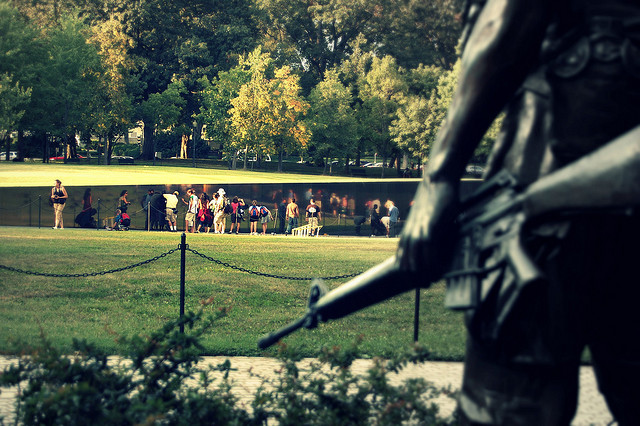
Our Merciful Ending to the Good War
How patriotism means never having to say you're sorry.
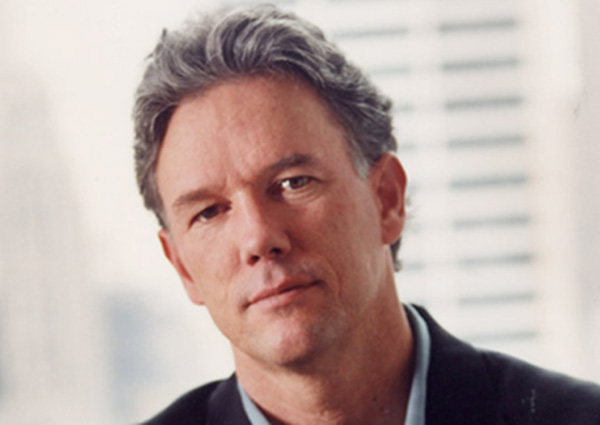
William Finnegan: Waving, Not Drowning
The New Yorker writer on the politics of surfing, reporting from war zones, and the “weird genre” of memoir.
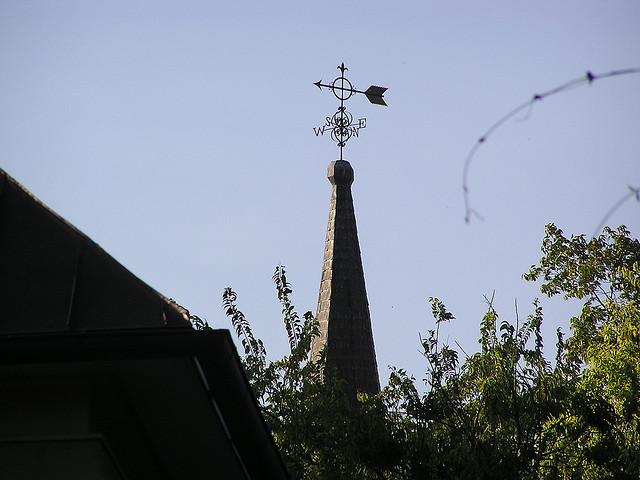
Racism, Dylann Roof, and the Stupid Joke I Played on Emanuel A.M.E.
A woman in white came up to us and said, “You’re welcome here. Everyone is welcome here.” She motioned us into the sanctuary, Carol included, who kept on with her act like a road-show vaudevillian.
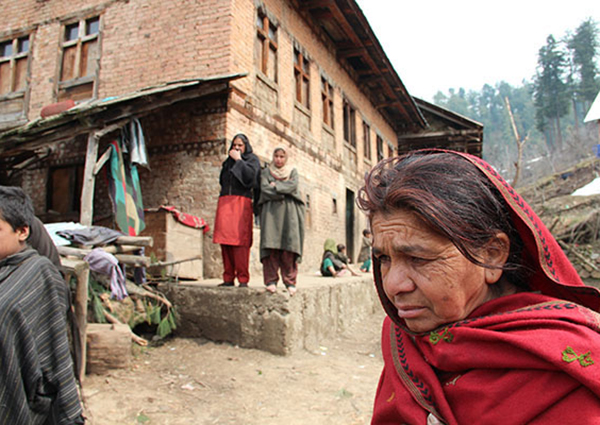
Murder in Uniform
Kashmir’s most infamous “fake encounter” leaves five families desperate for justice.
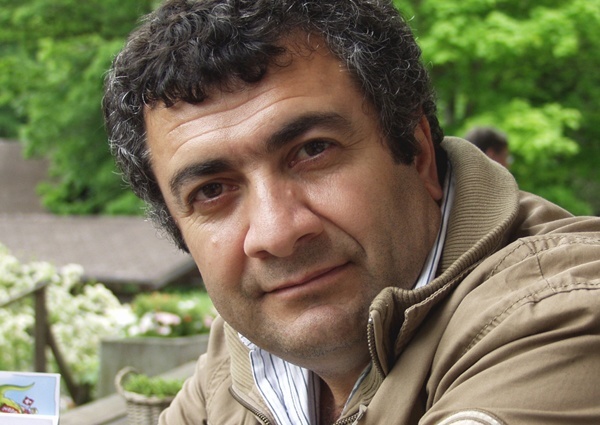
Mano Khalil: A Dangerous Language
The Kurdish filmmaker on deploying a camera rather than a gun to fight for his community.
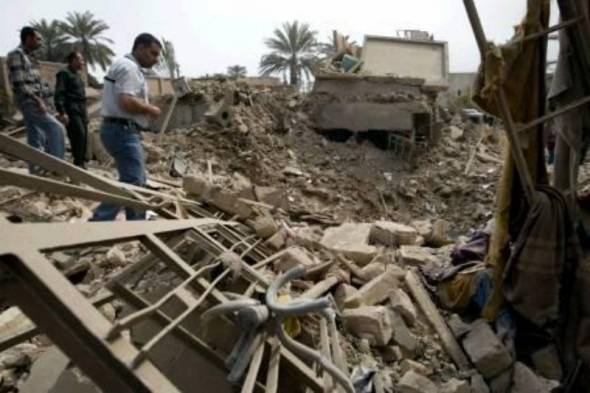
Killing Stones
Flash Fiction:They came with their guns and their tools and no time to contemplate Time.
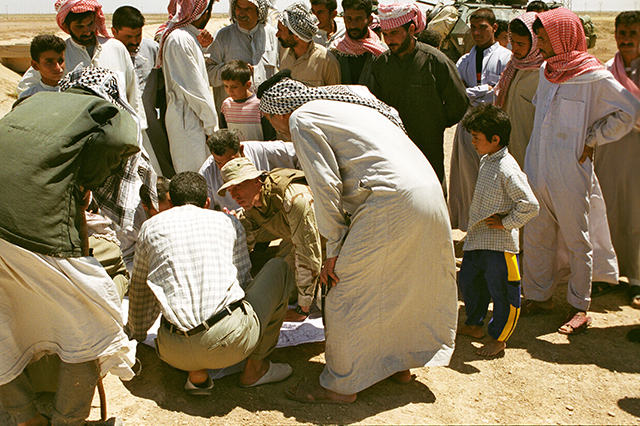
Back to War
Vietnam and Iraq war veterans find closure only by returning to their war zones.
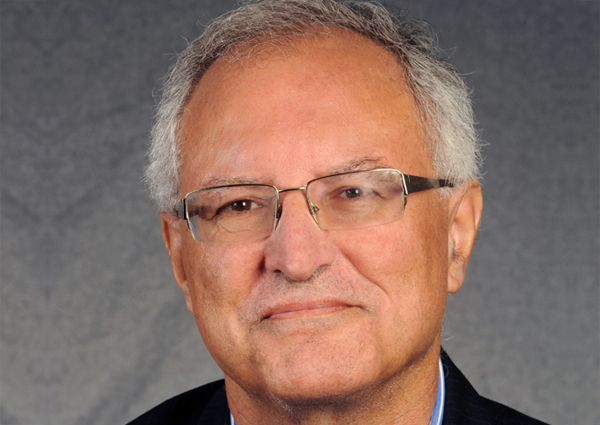
Mohammed Dajani Daoudi: Journey to the Other
The scholar and peace activist on Palestinian centrism, living as an exile, and learning from both Fatah and Israeli soldiers on the road to radical compassion.
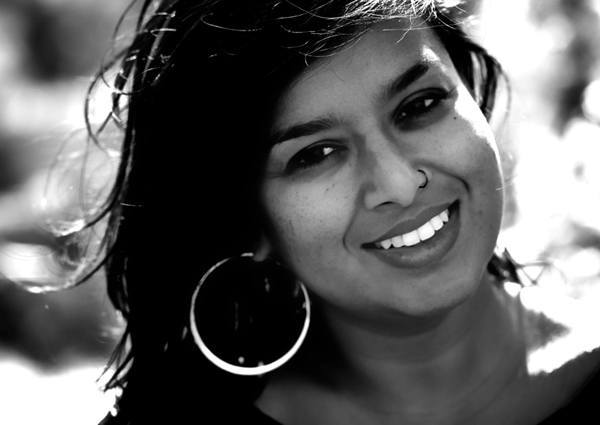
Nayomi Munaweera: Blood at the Root
The Sri Lankan-American novelist on Sri Lanka’s brutal history and grappling with the right to tell the story of the country she left behind.
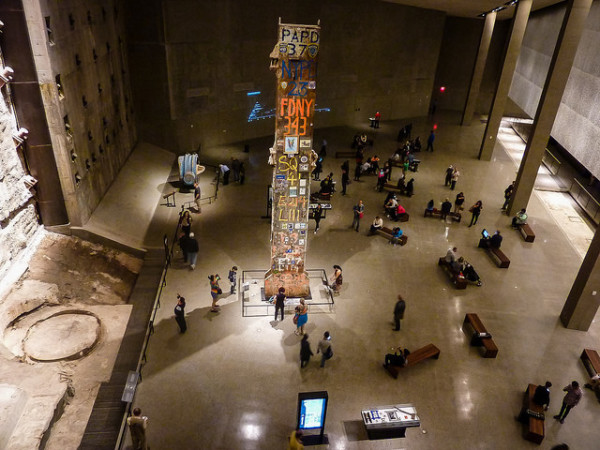
Memories of the Future
A visit to the 9/11 Museum that lasts much longer than visiting hours.
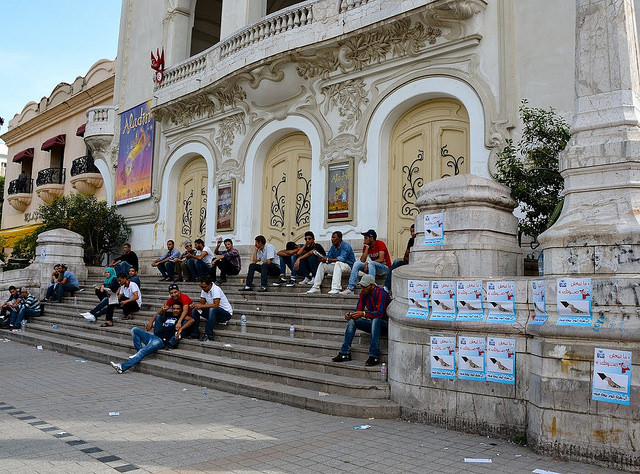
Reinventing the Revolution in Tunis
Four years after its revolution, what has changed for Tunisia, and for the rest of the world?
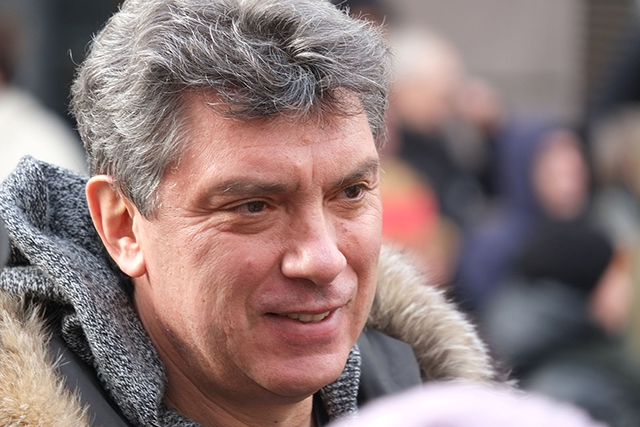
Darkness at Midnight
Boris Nemtsov had the courage to demand justice in Russia and to challenge Putin's regime; it cost him his life.
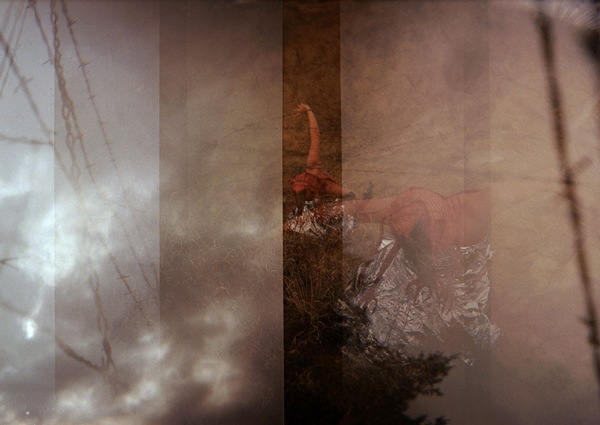
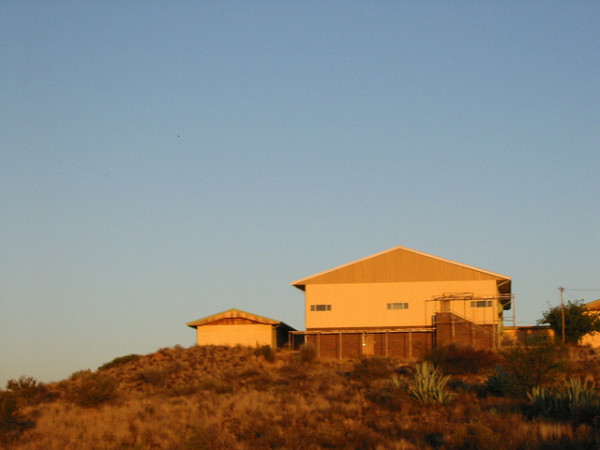
Apartheid’s Final Outpost
In Orania, South Africa’s last remaining white-only town, the country’s history of racial segregation and white supremacy lives on.
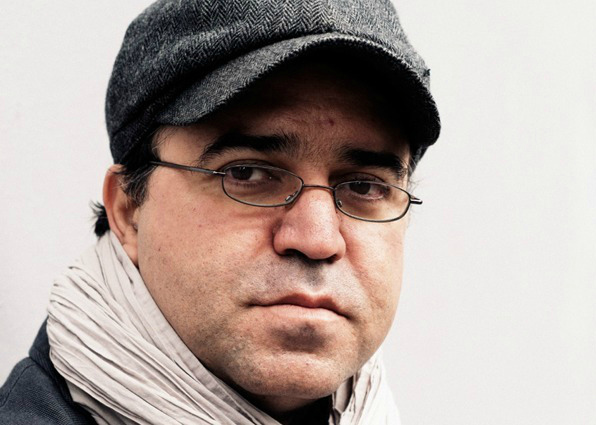
Mohammad Ali Atassi: Syria in Its Own Image
The documentarian and journalist on the nation’s portrayal in the global media, the power of emergency cinema, and the role of the intellectual in revolution.
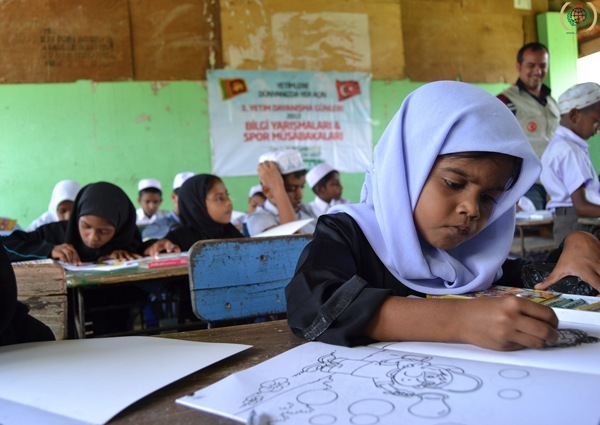
Narrating Crisis in Sri Lanka
Humanitarian efforts may alleviate the pain, but do they stop the political strife that leaves victims bleeding?
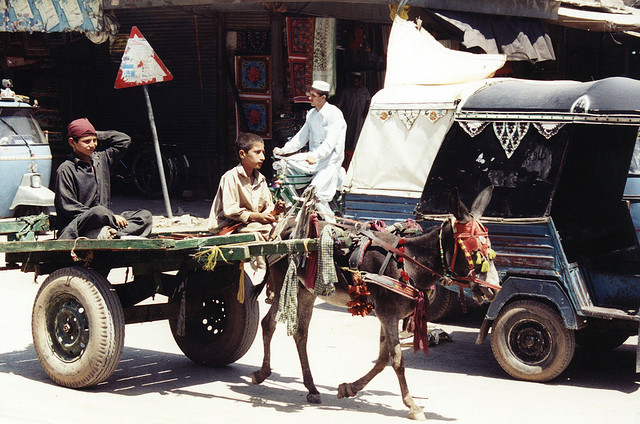
Let Children Be
On violence against children after the Peshawar tragedy.
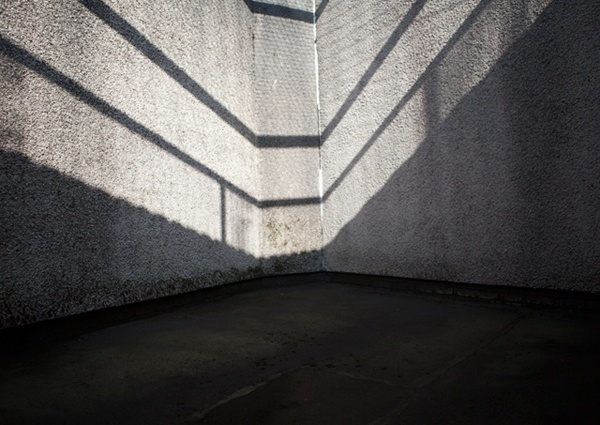
The Infernal
"I consider myself a casualty, one of the many casualties of the war on terror." —Alberto Gonzales
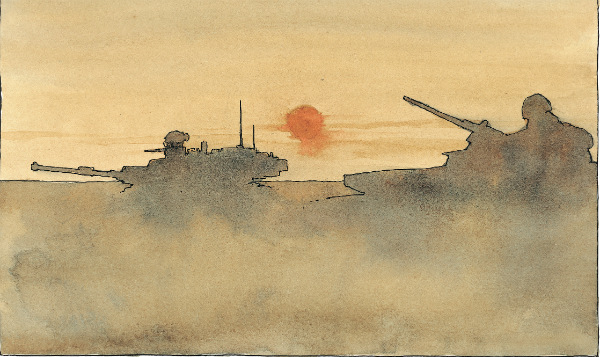
The Ongoing War
Twenty-two veterans commit suicide every day. In the graphic novel Walking Wounded, Olivier Morel and Maël set out to tell their stories.
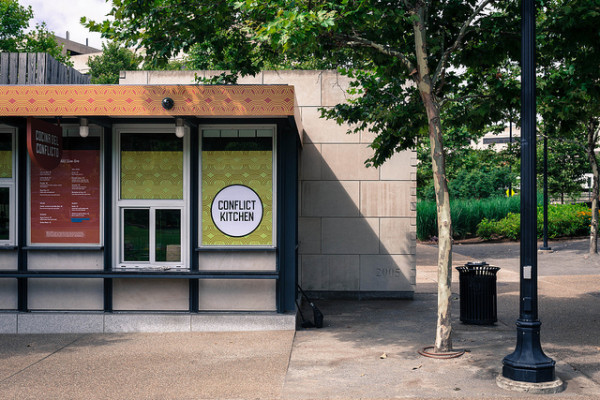
Jon Rubin: Conflict Kitchen
Chelsea Haines talks with artist Jon Rubin about the surprisingly controversial politics of serving Palestinian food in Pittsburgh.
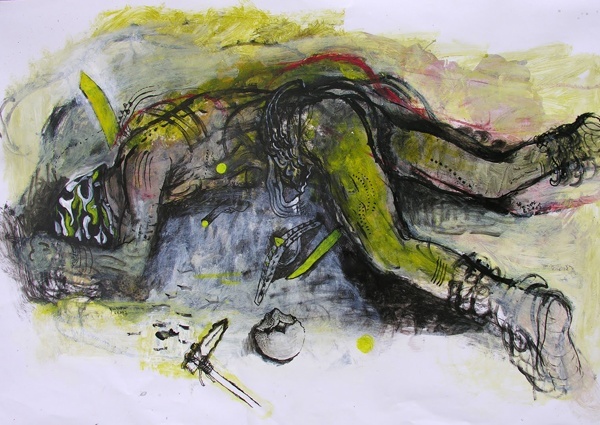
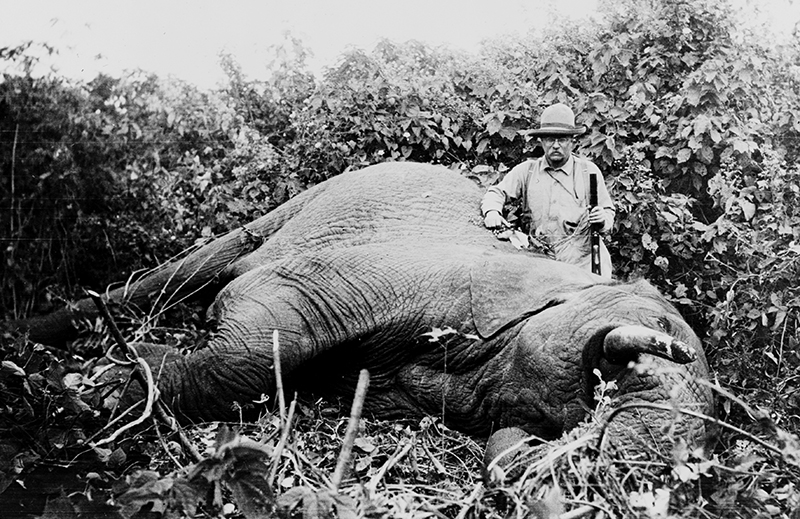
Avi Asher-Schapiro: Obama’s Elephant Gun
Is the US attacking ISIS to avoid looking the fool?
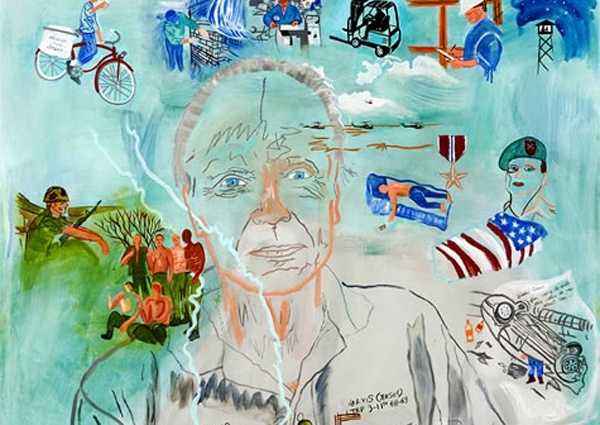
I Said Infantry
An Army sergeant reflects on his service in Iraq and how his family’s history with PTSD led him to sign up in the first place.
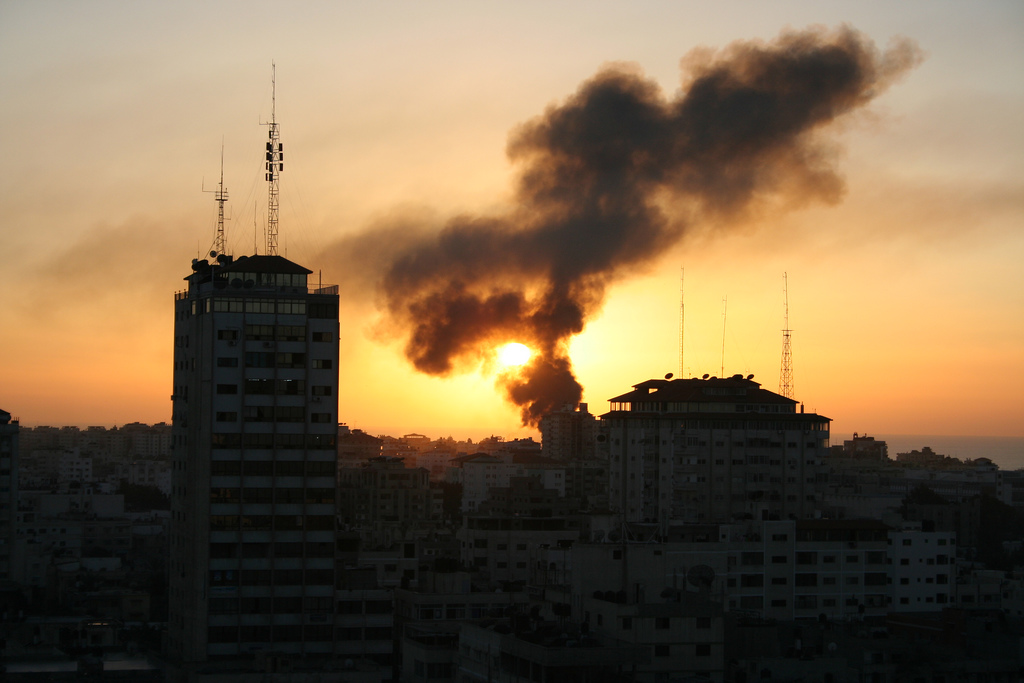
The Children Have Barely Slept
Dispatch from Gaza: Day-to-day life continues even in a war zone, but sleep does not.
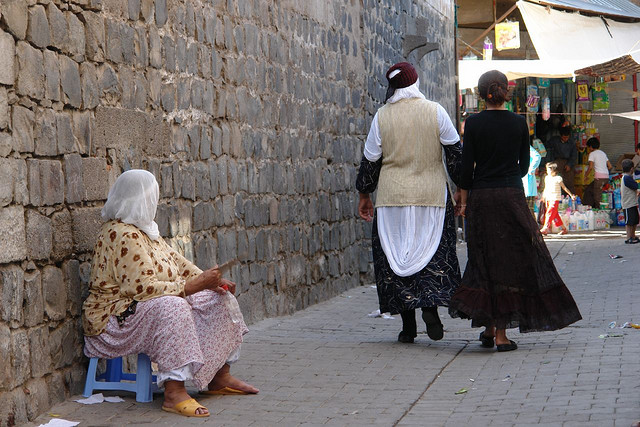
In Turkey, Two Fights for Peace
Battling violence against women in a divided country.
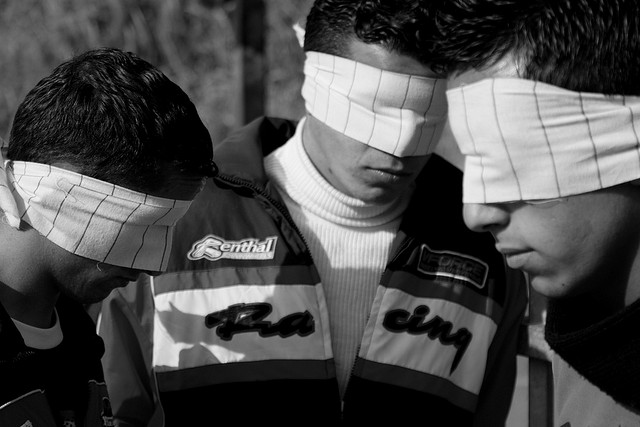
The Time has Come
Do Israel's military operations against Gaza constitute war crimes?
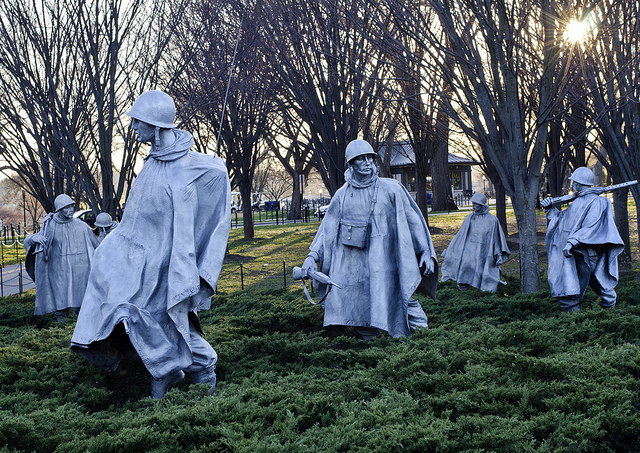
Shelly Taylor: Shattered Language
Erica Wright talks with a poet who didn’t set out to write about war.
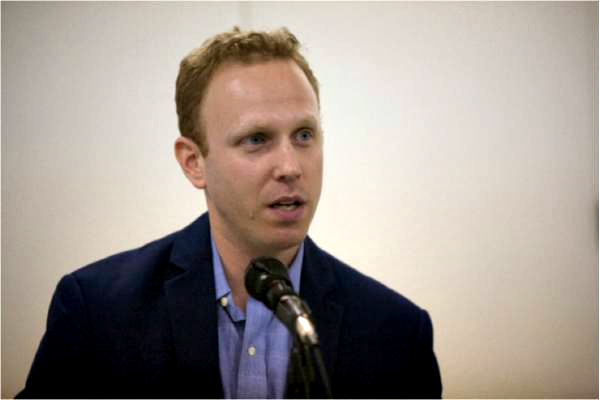
Max Blumenthal: To Zion and Back
The journalist on the rise of Israeli extremism.